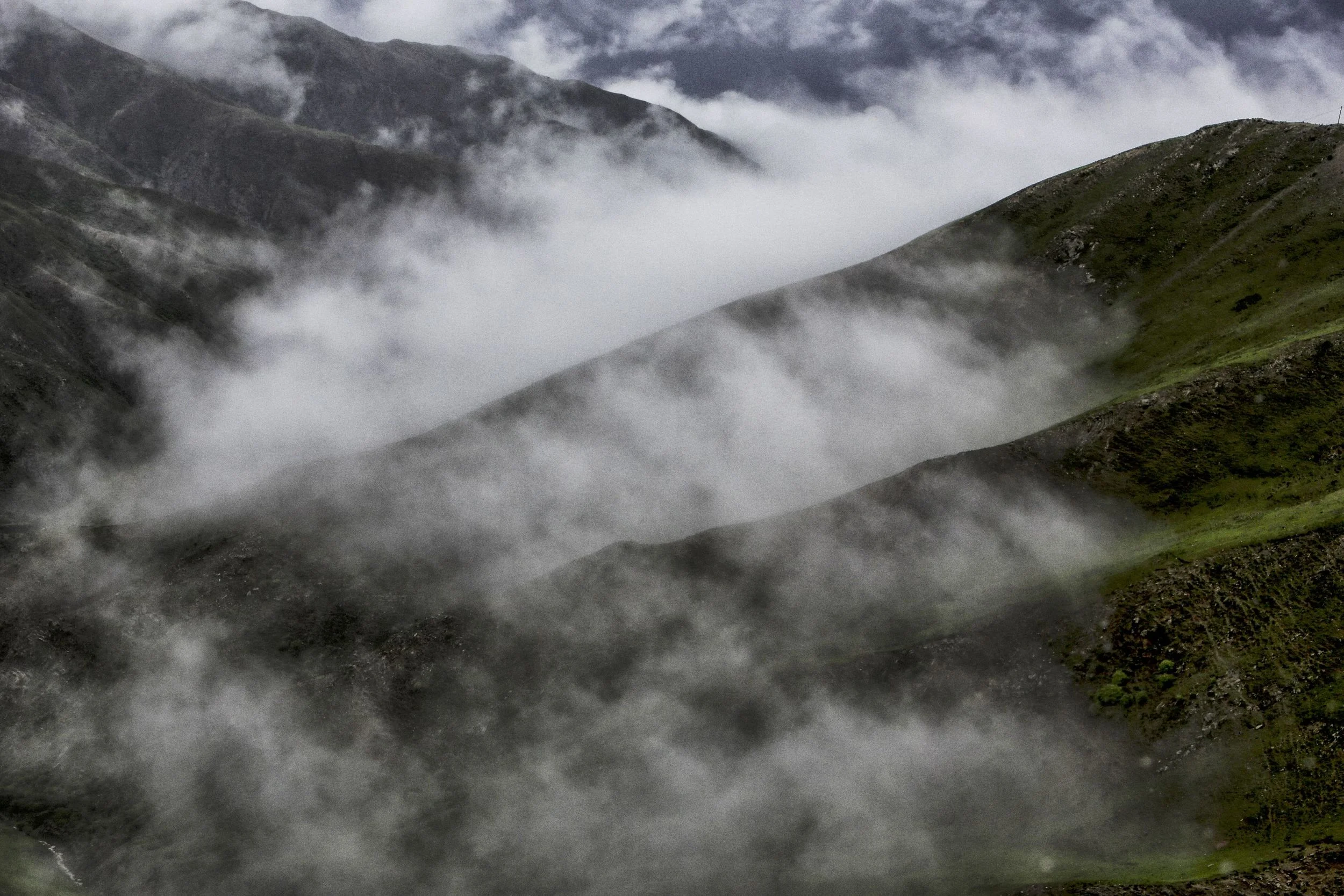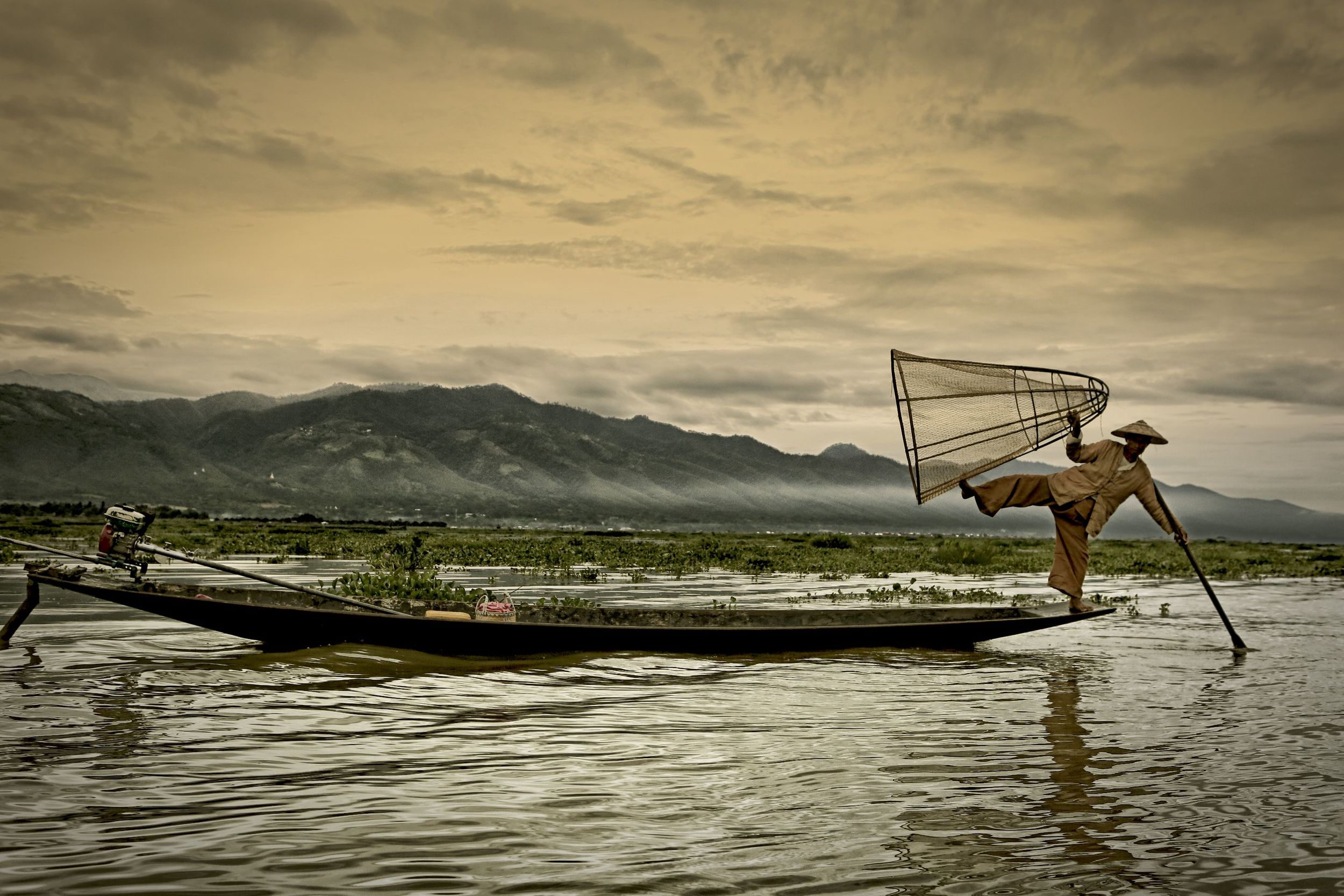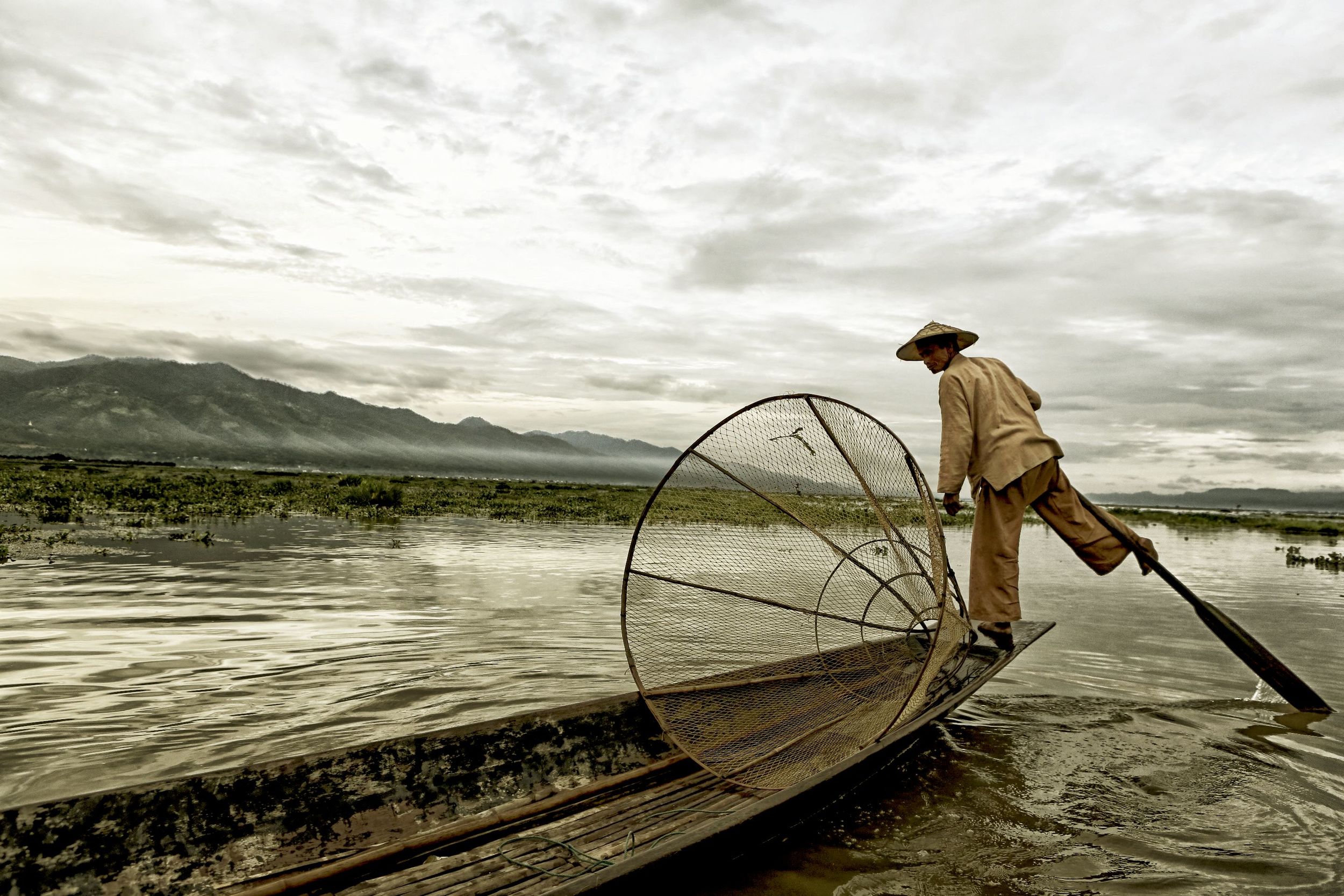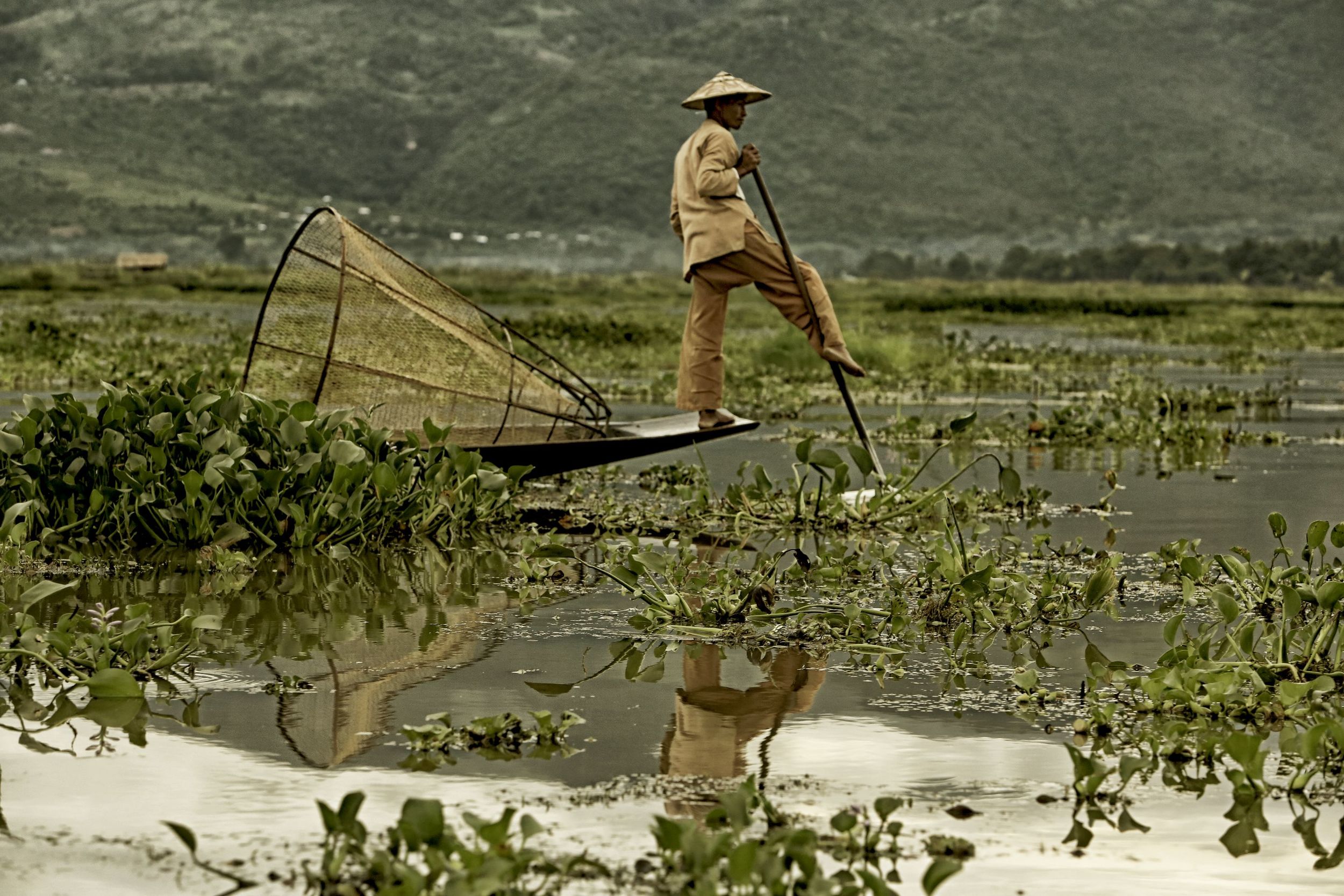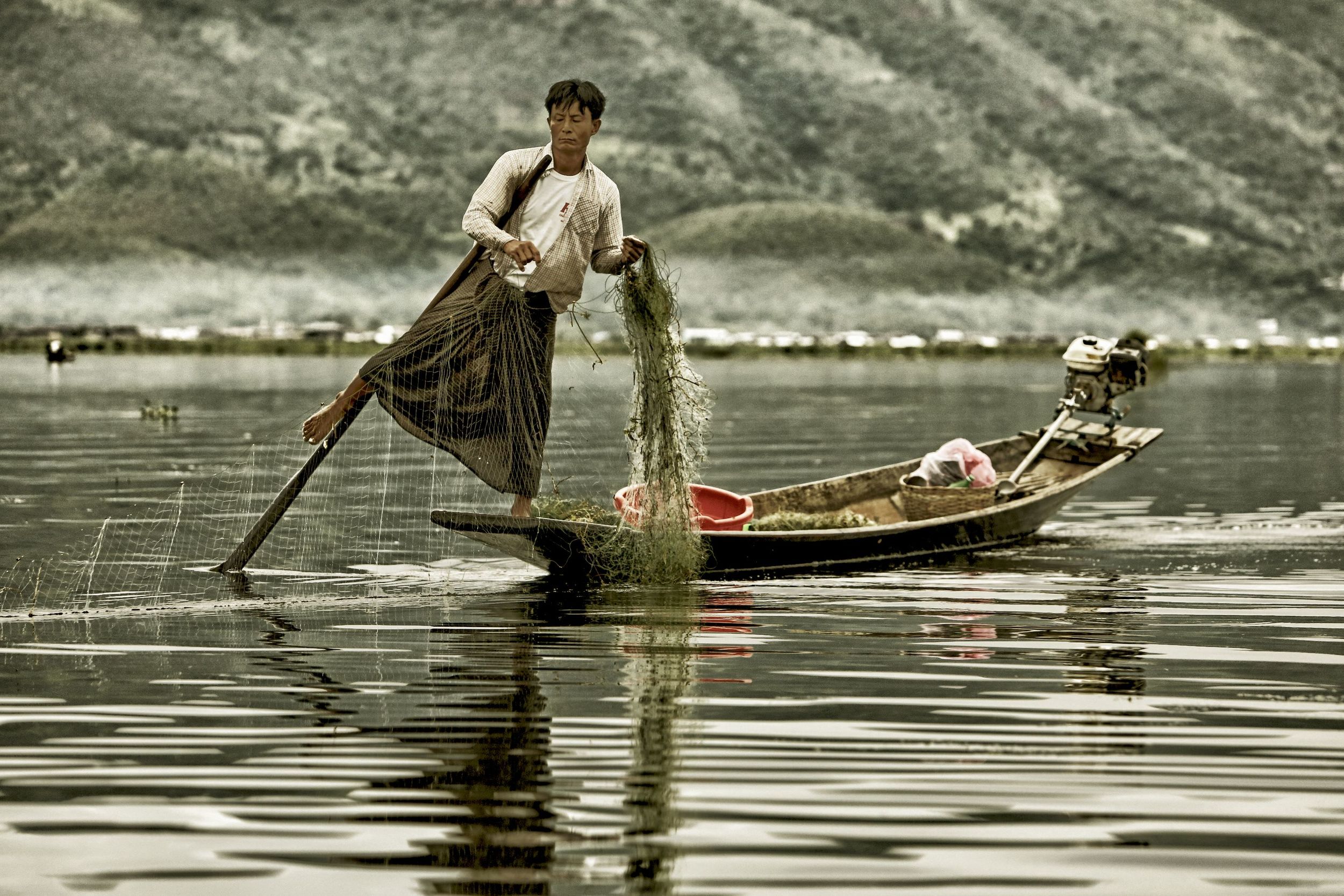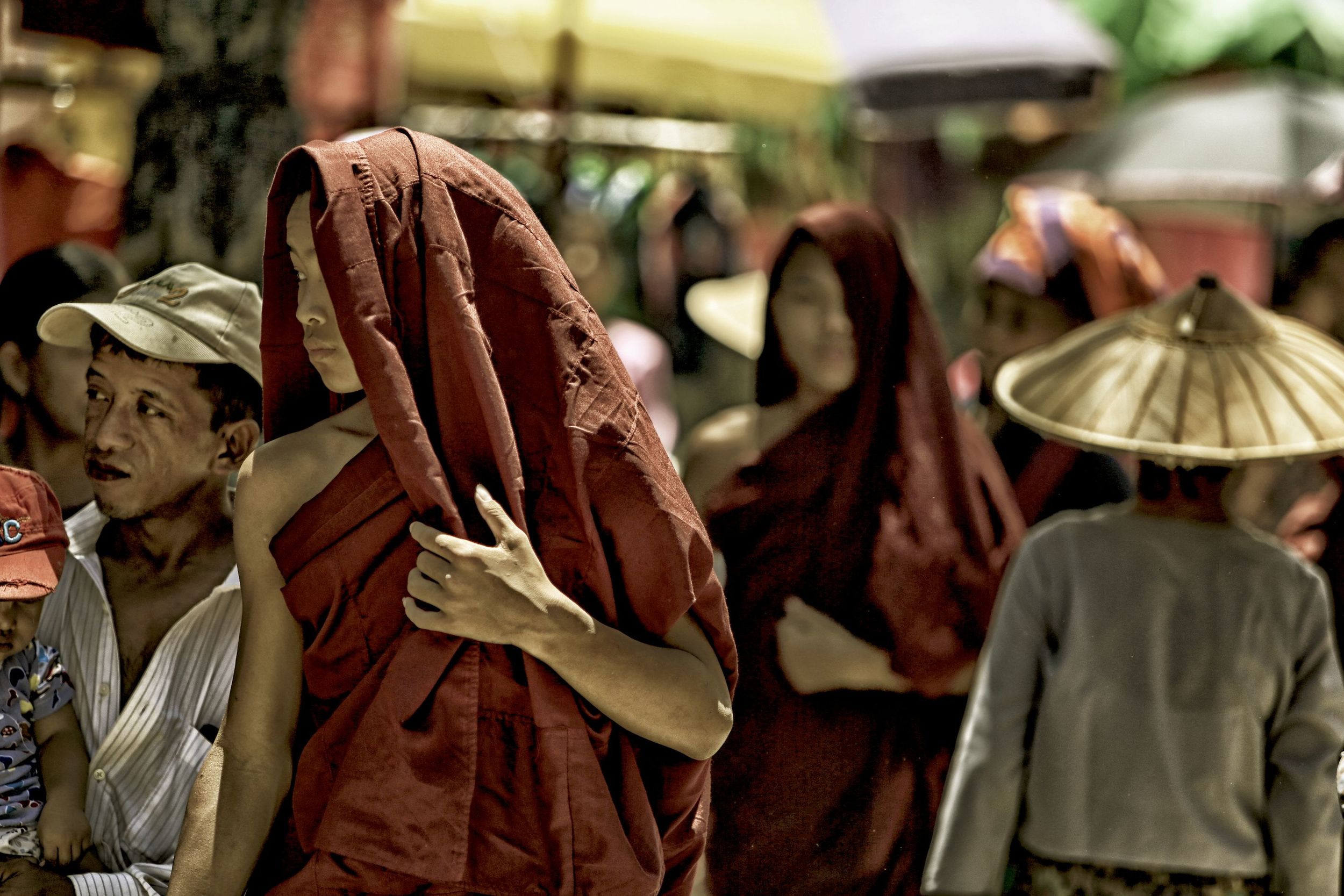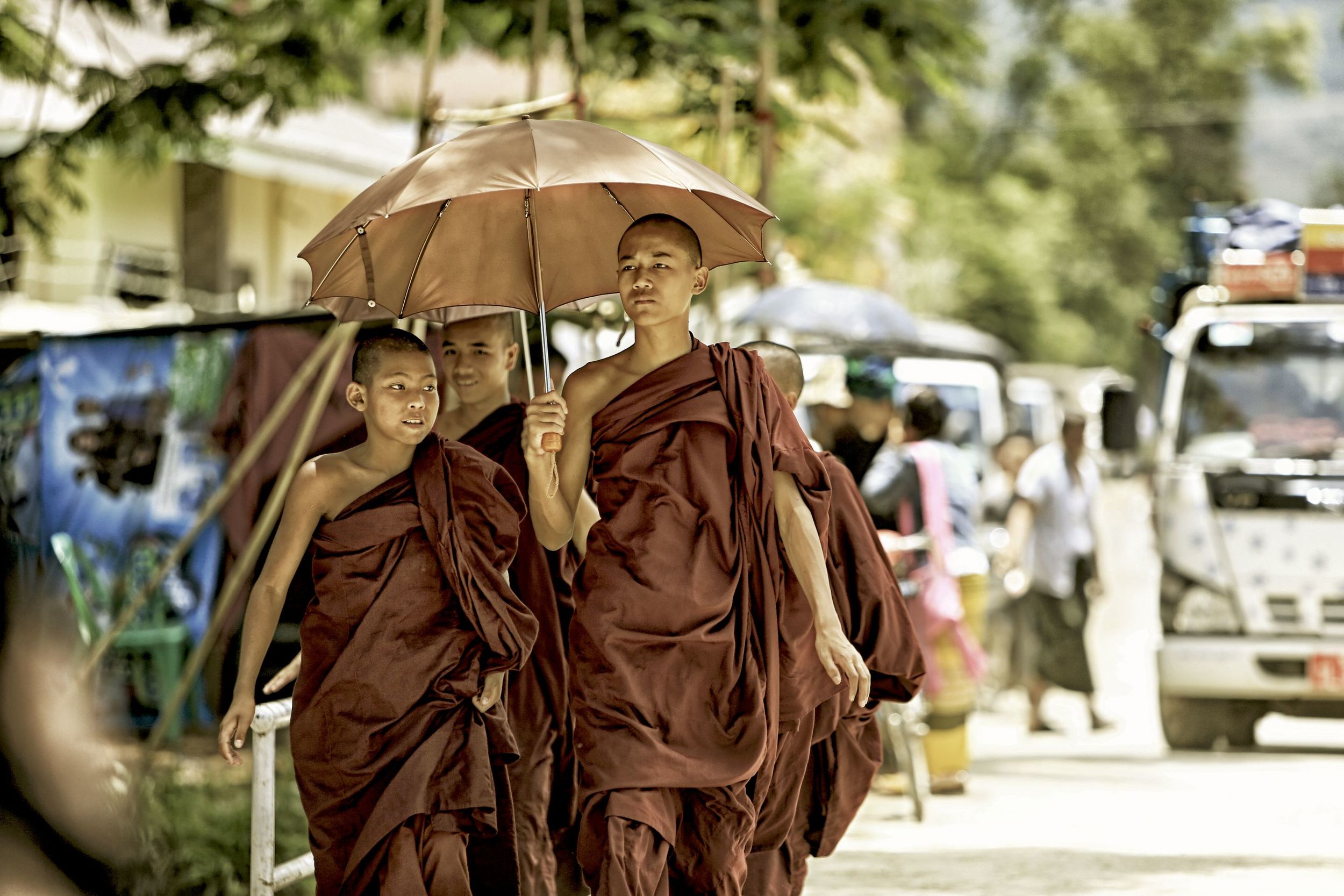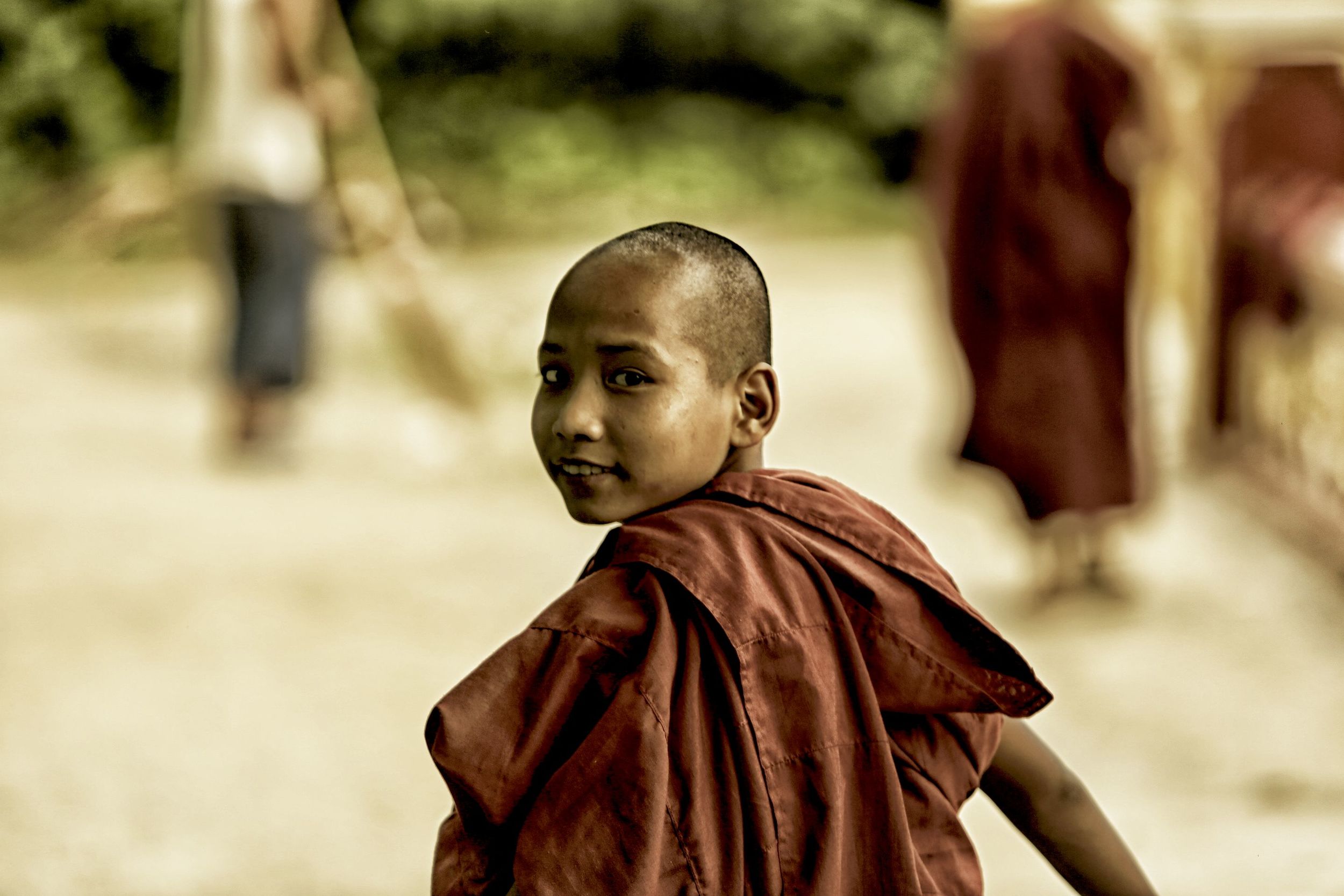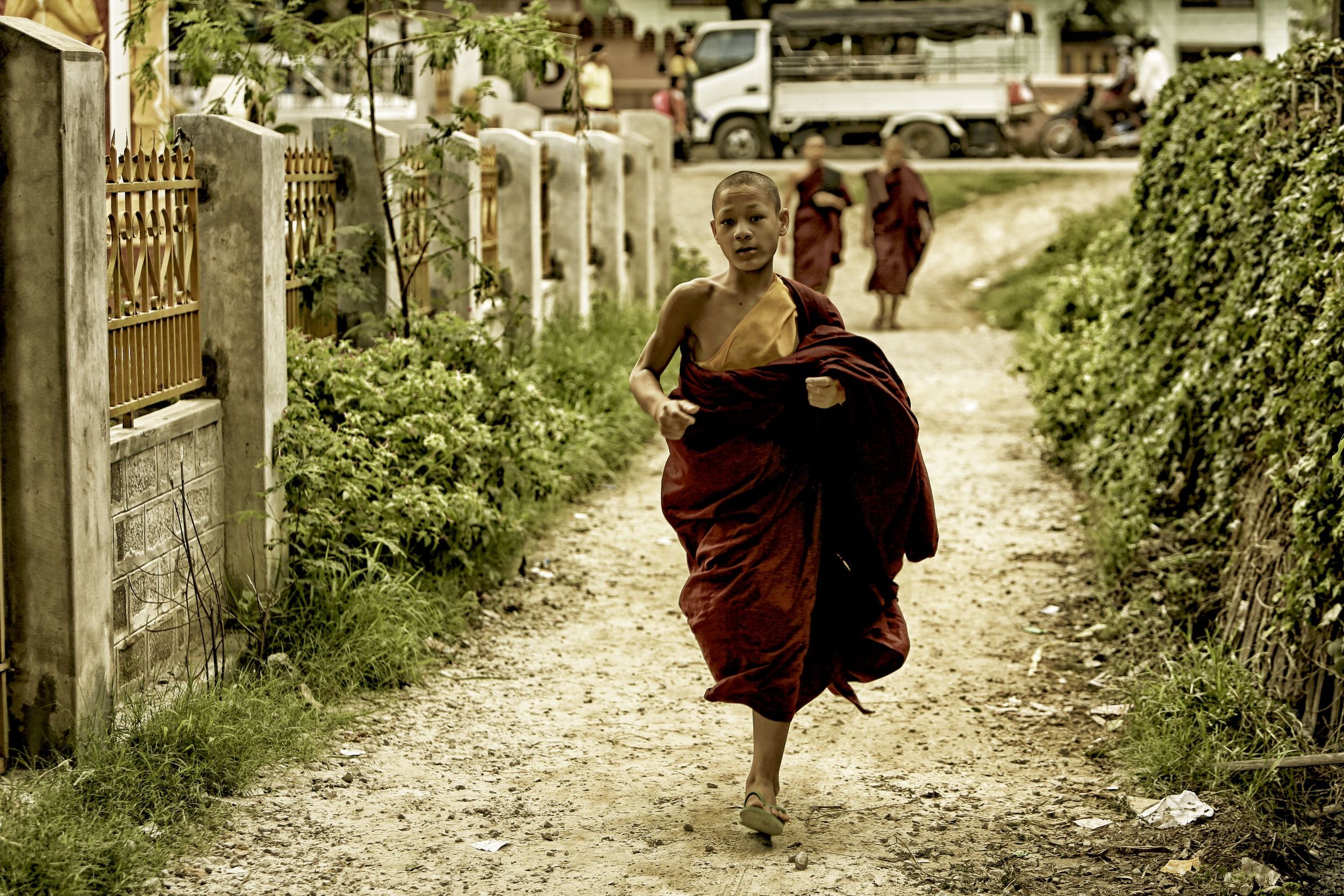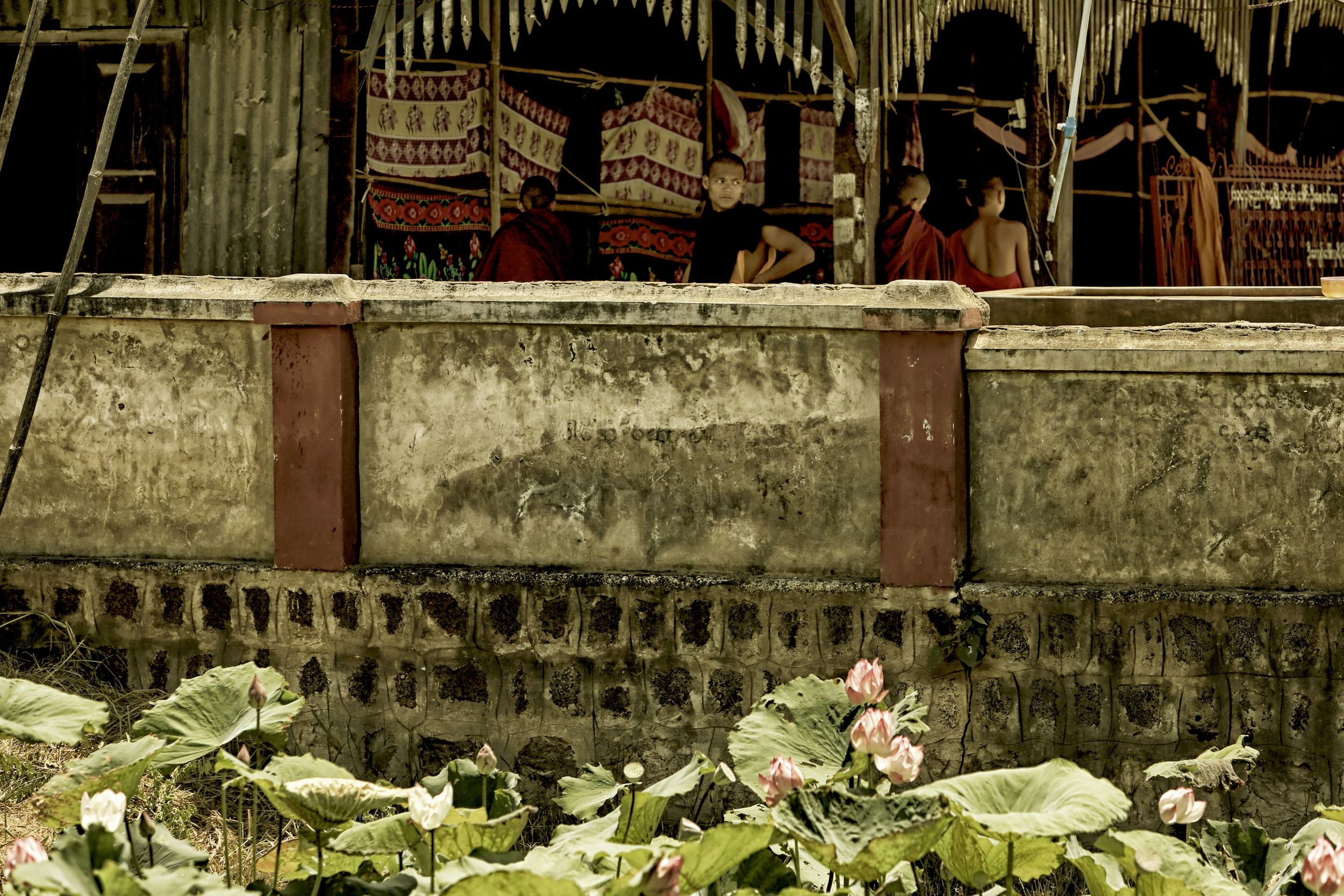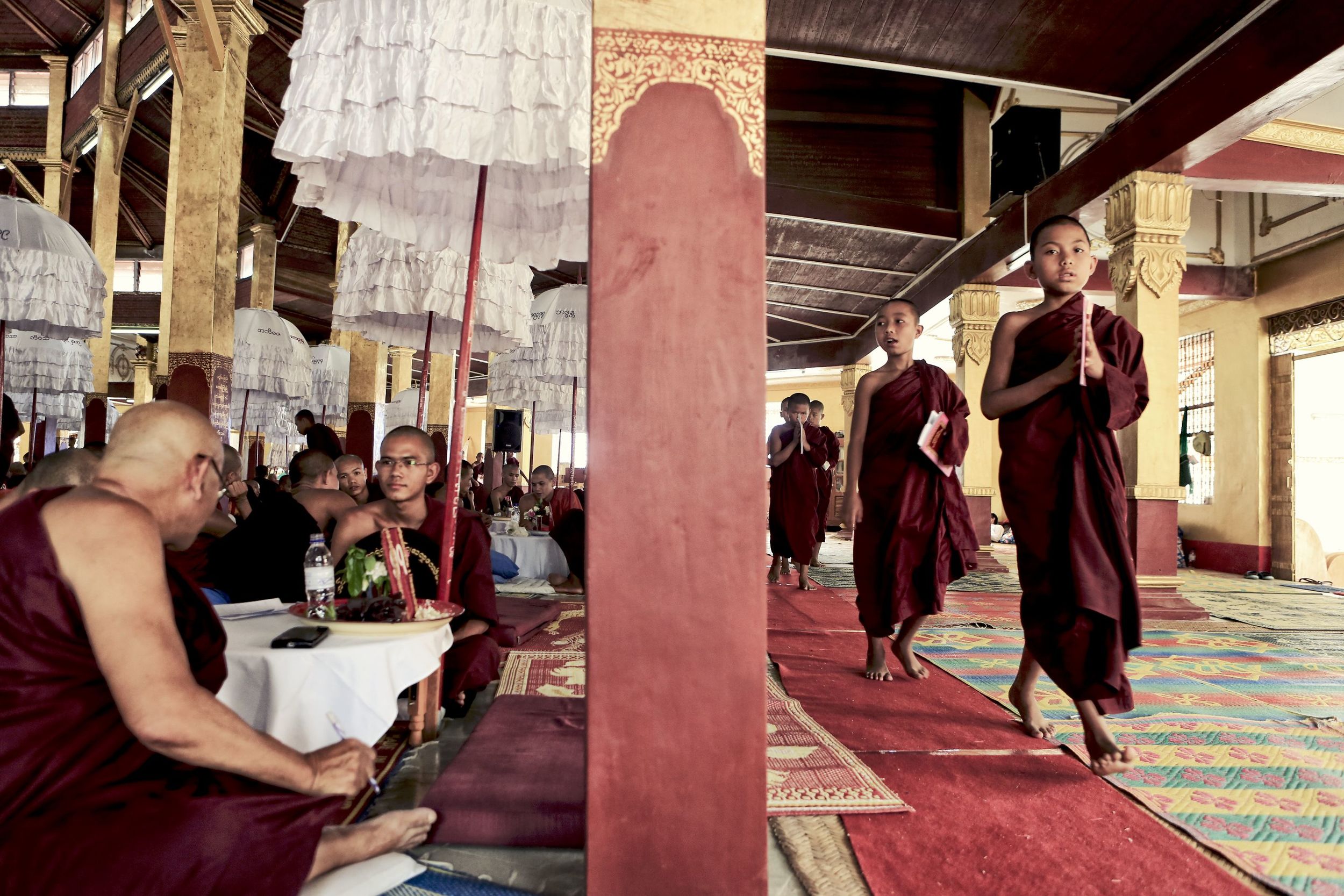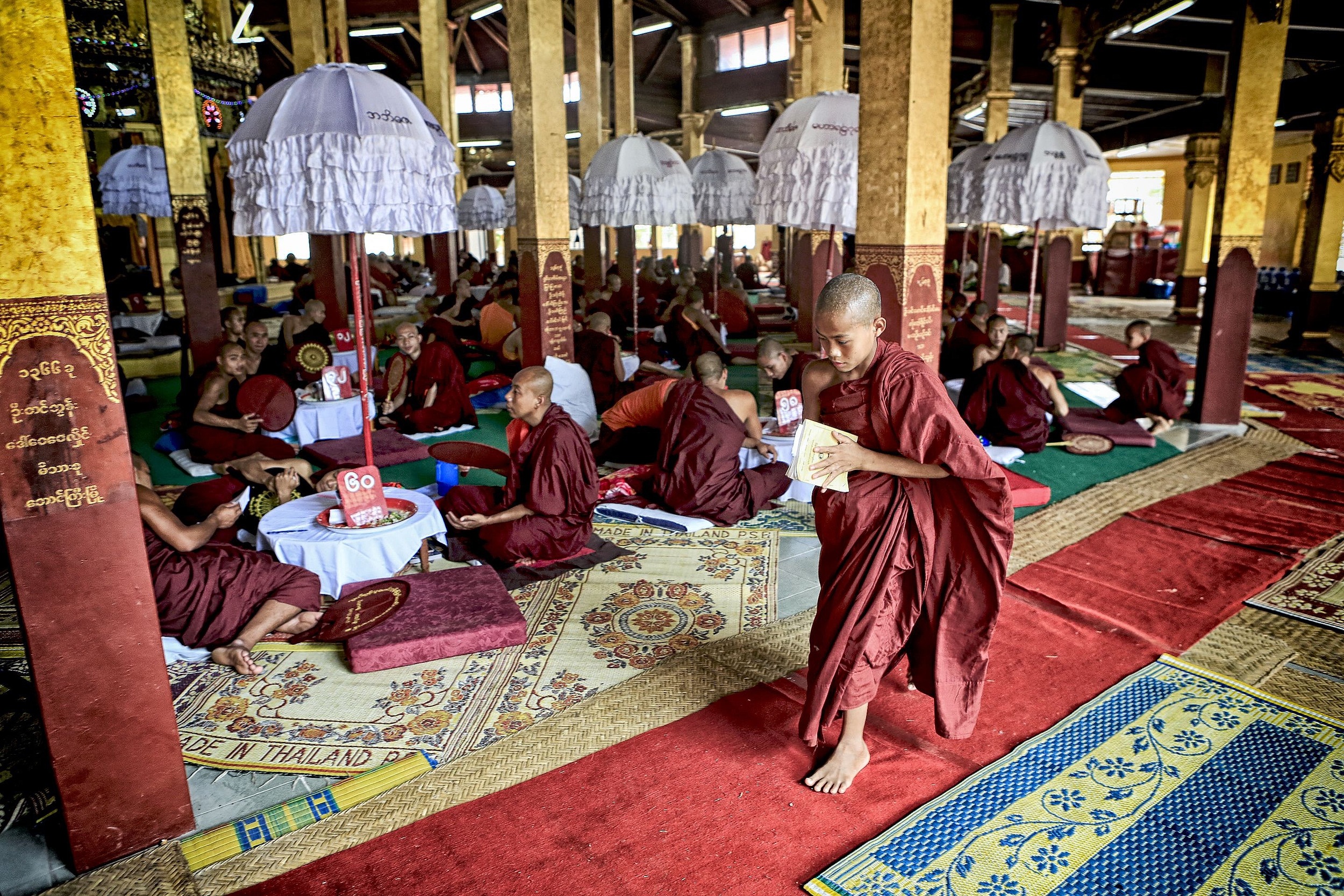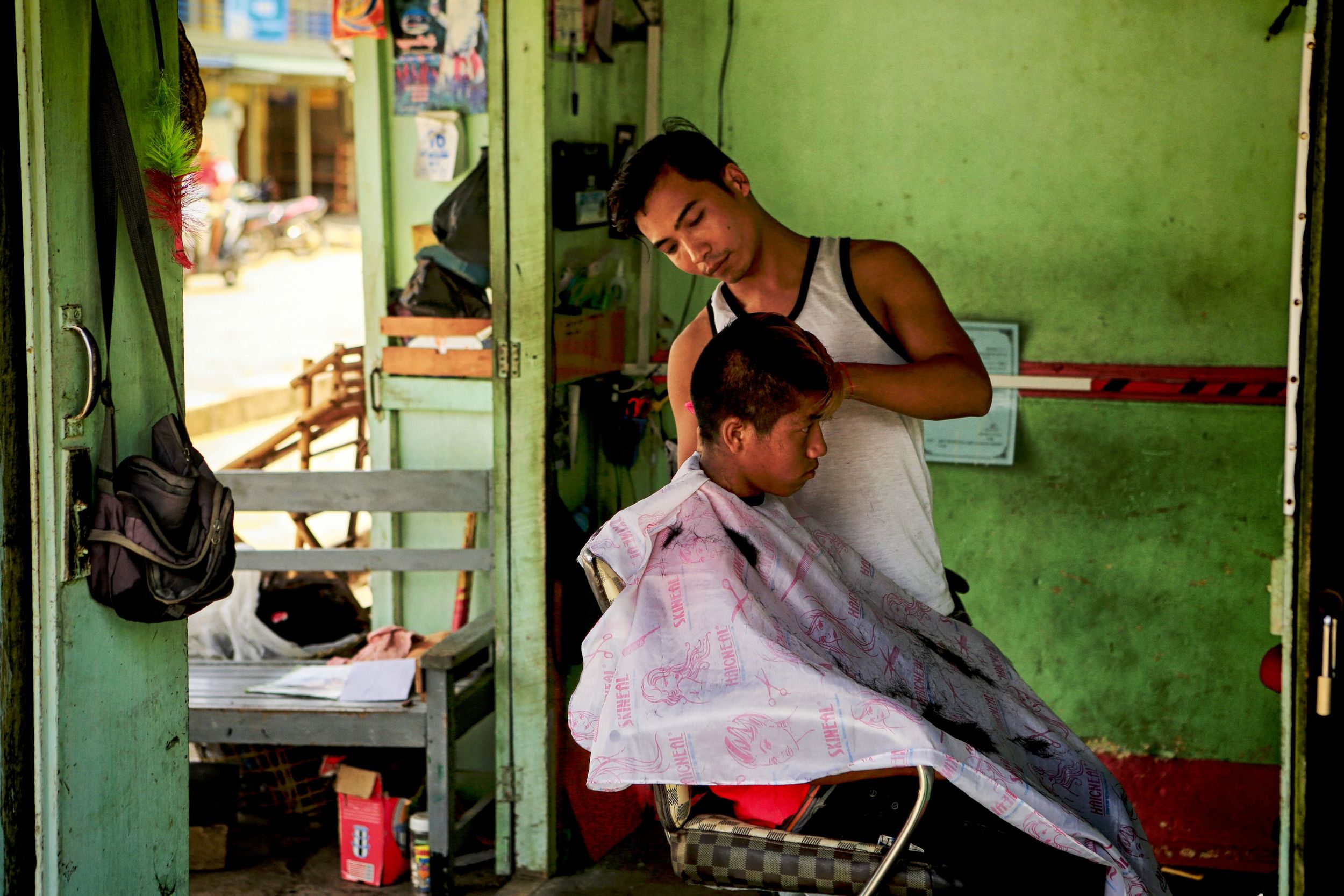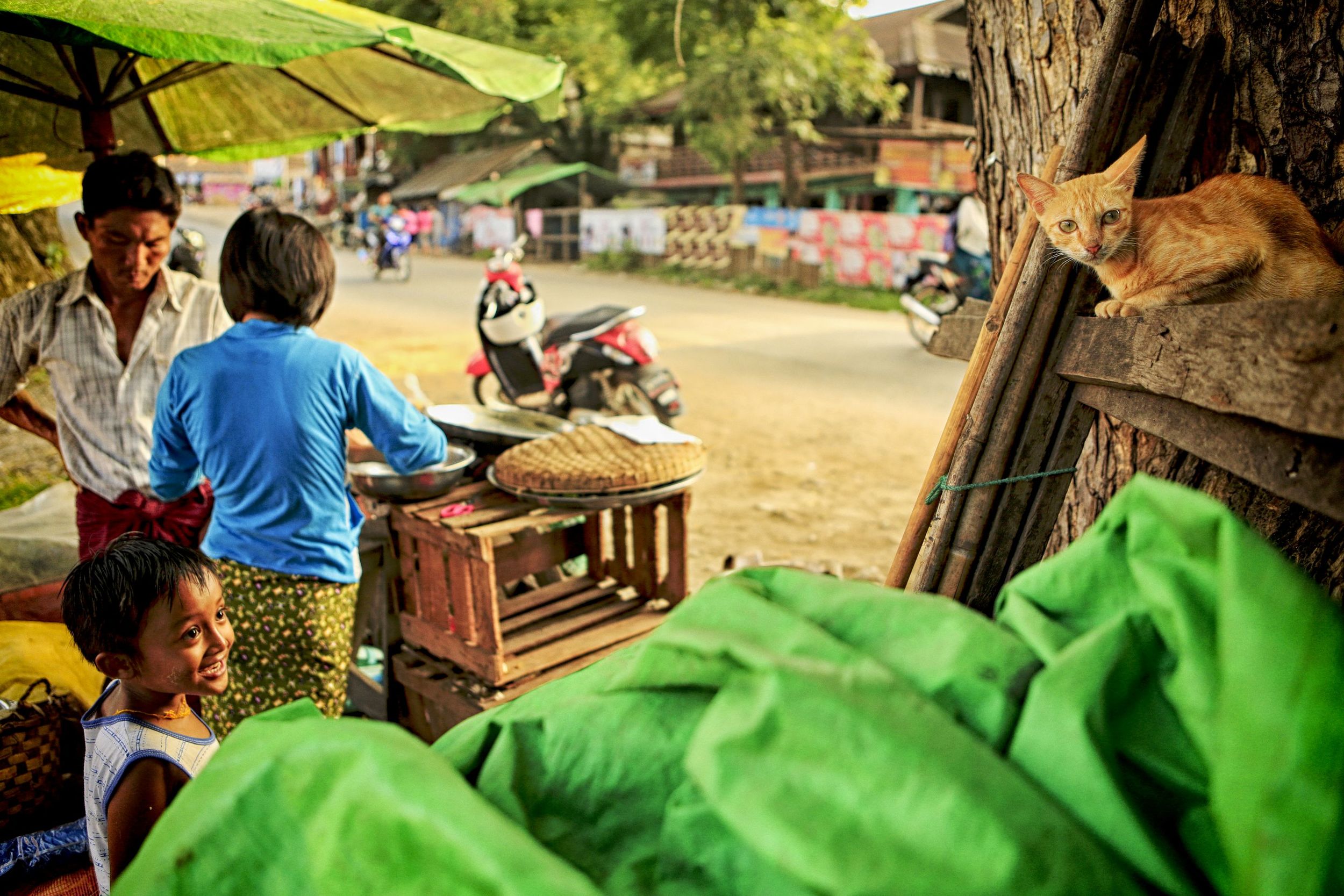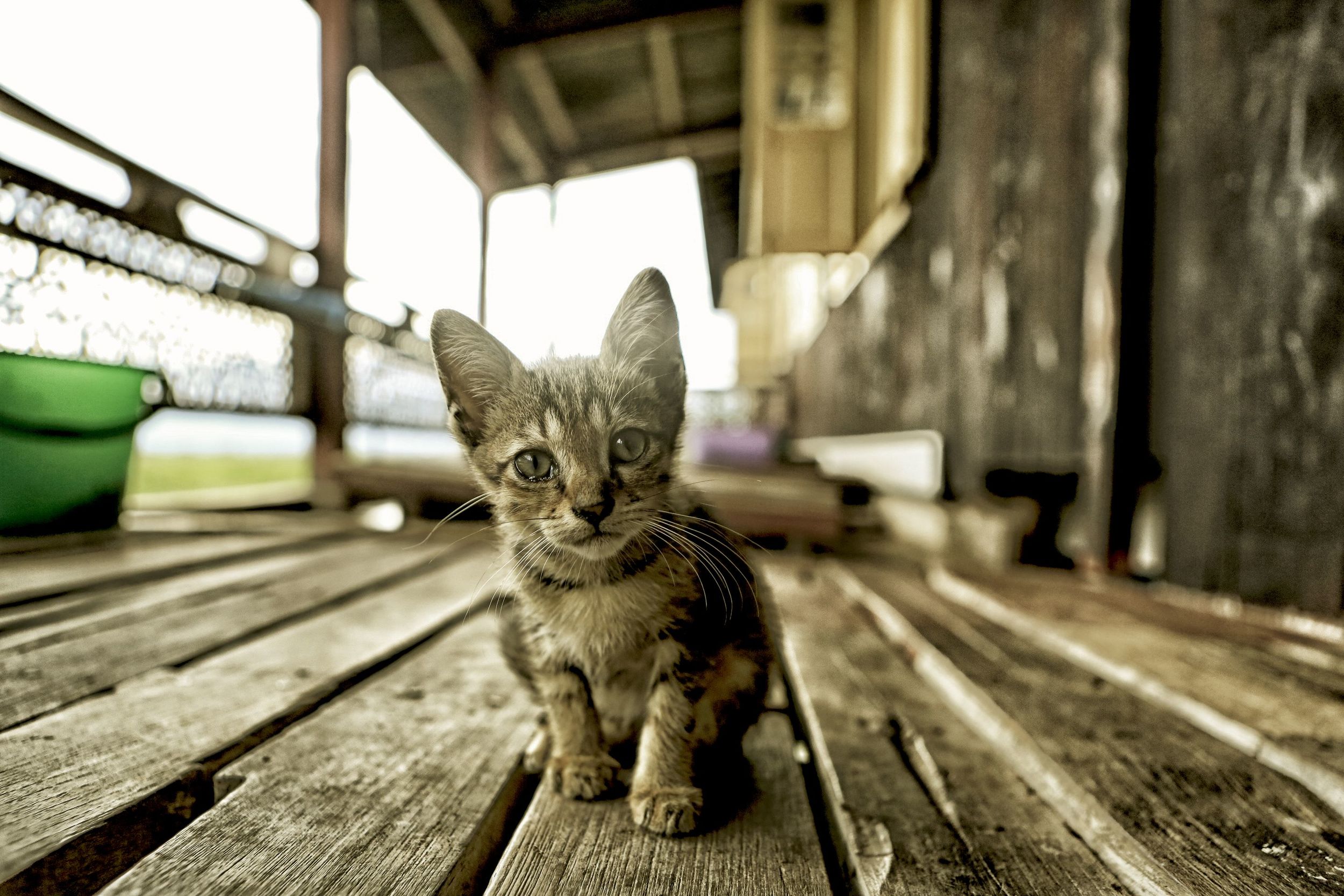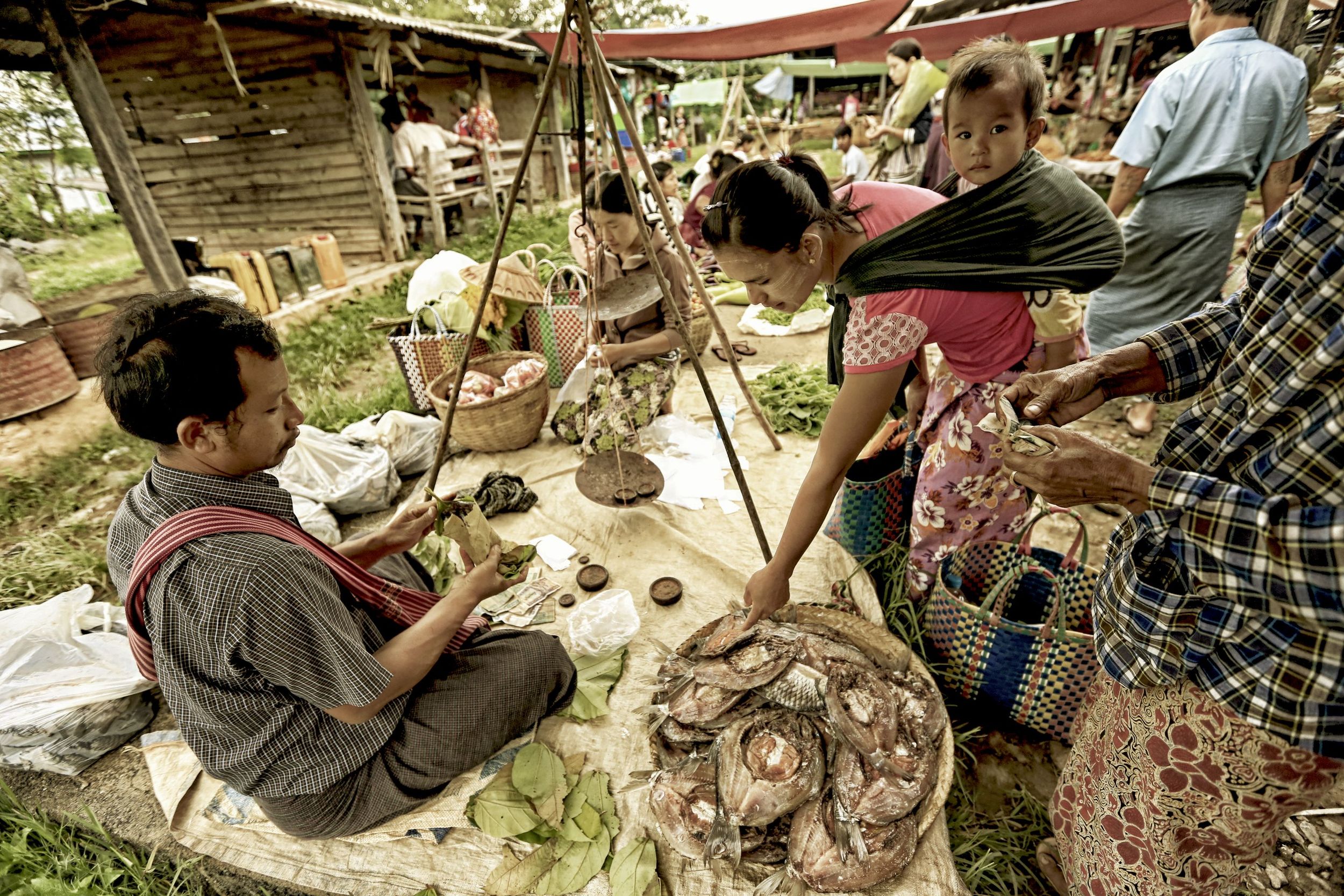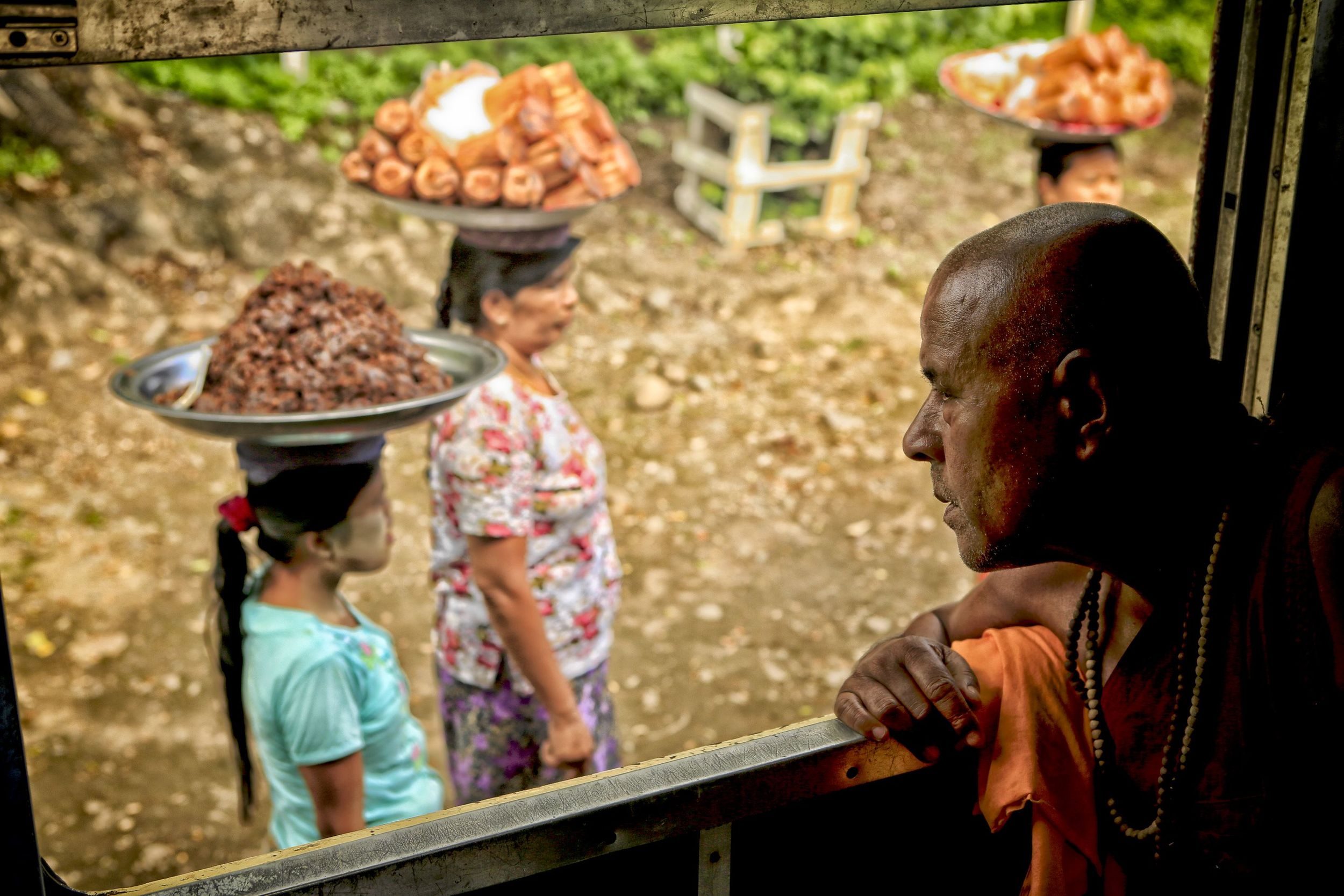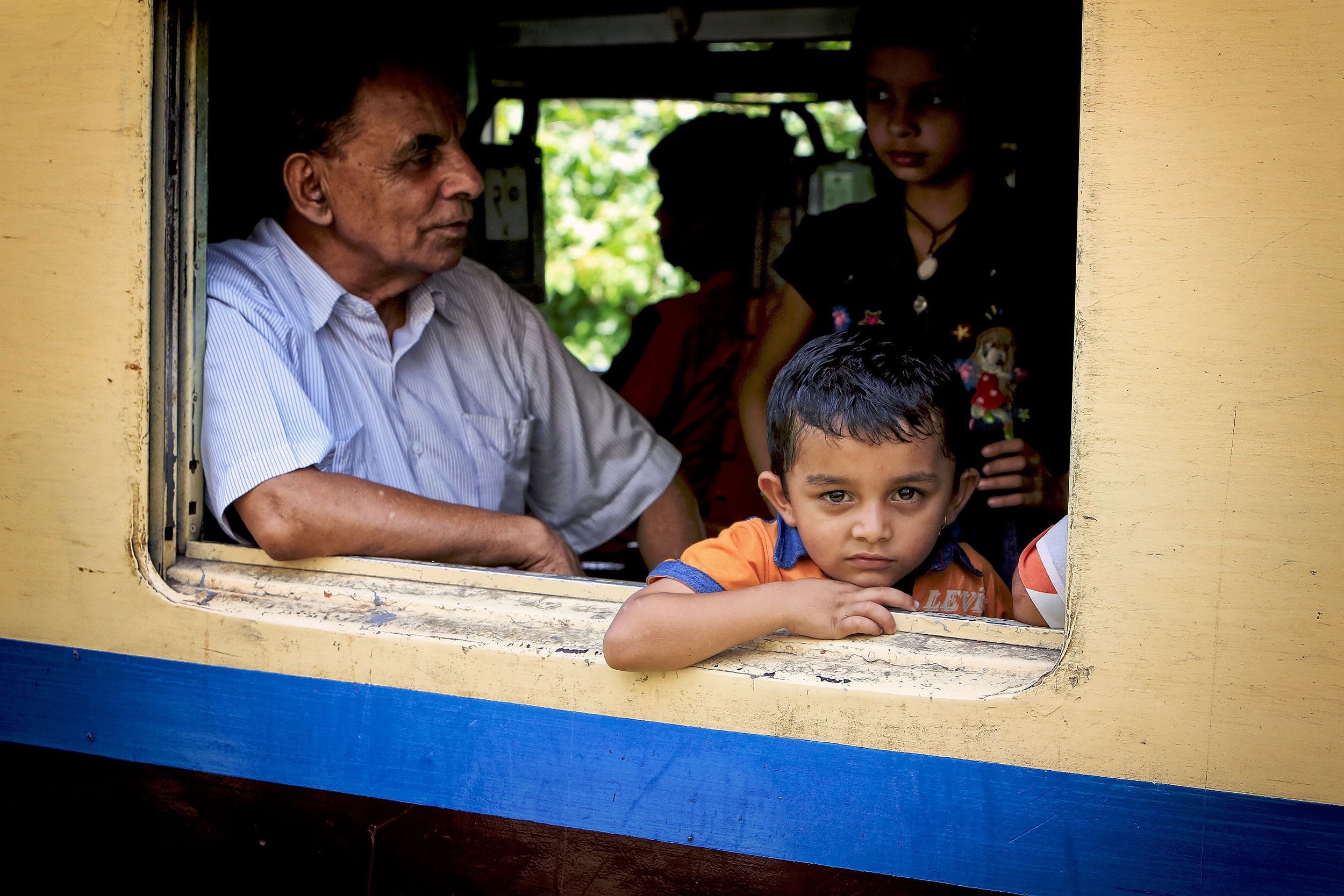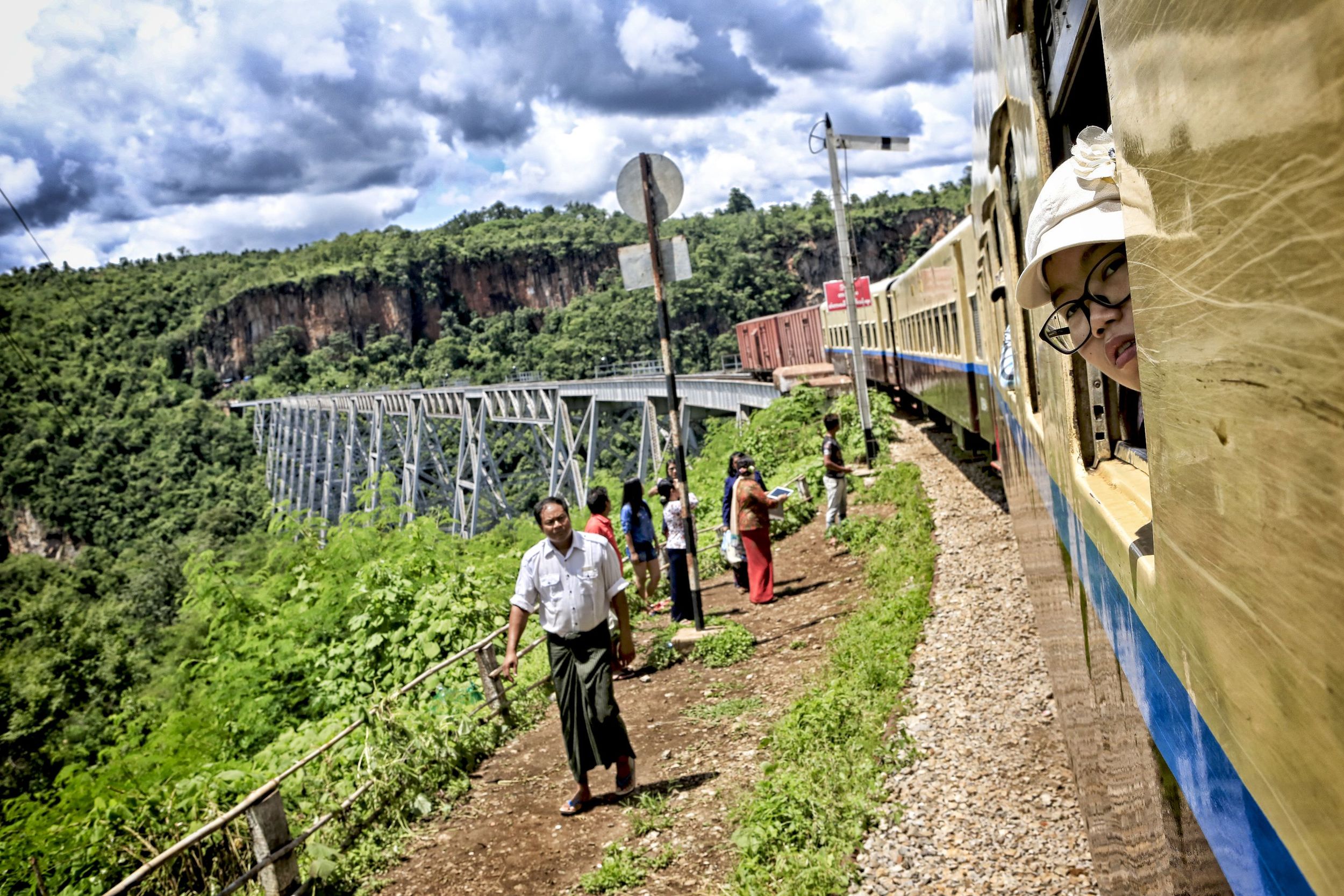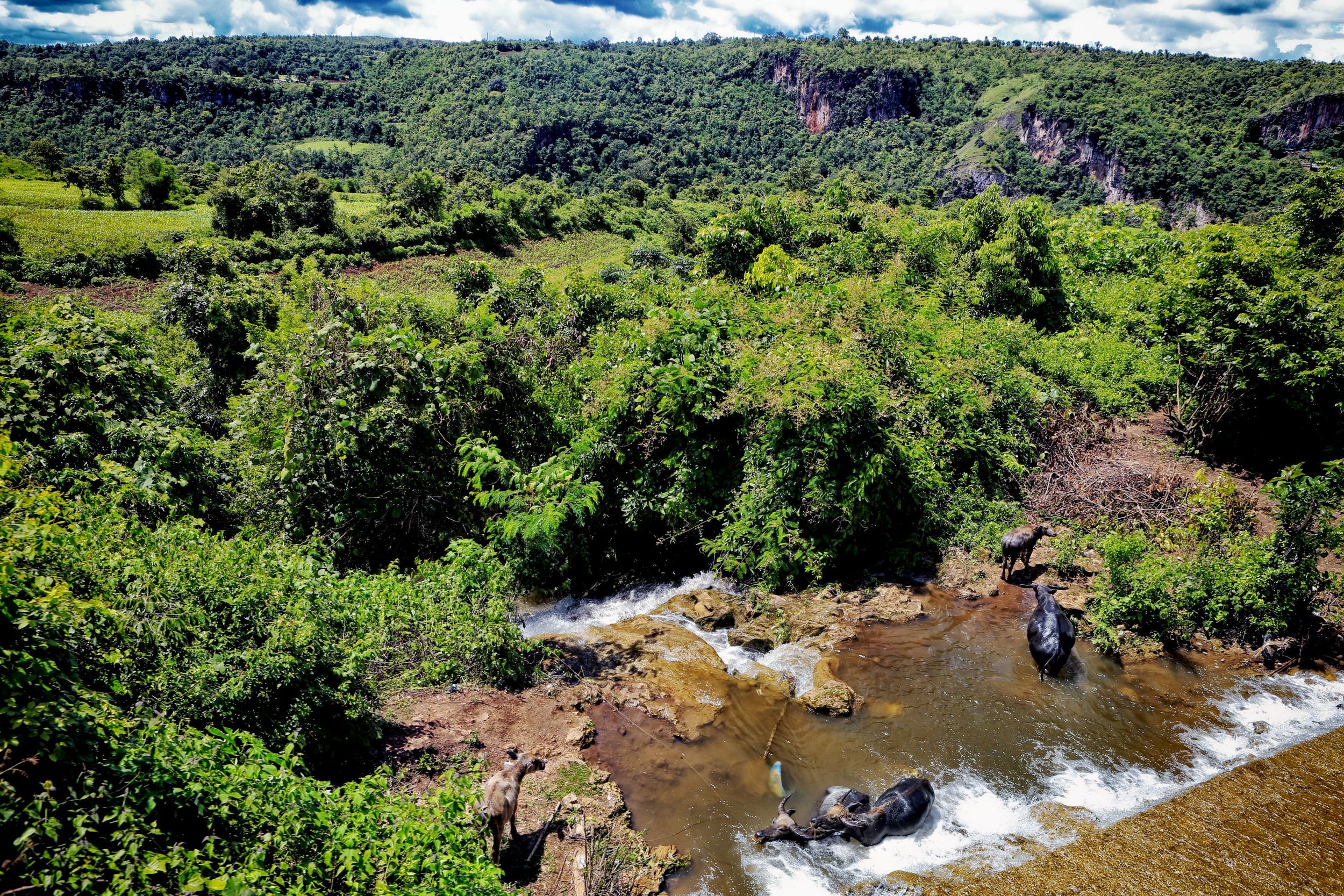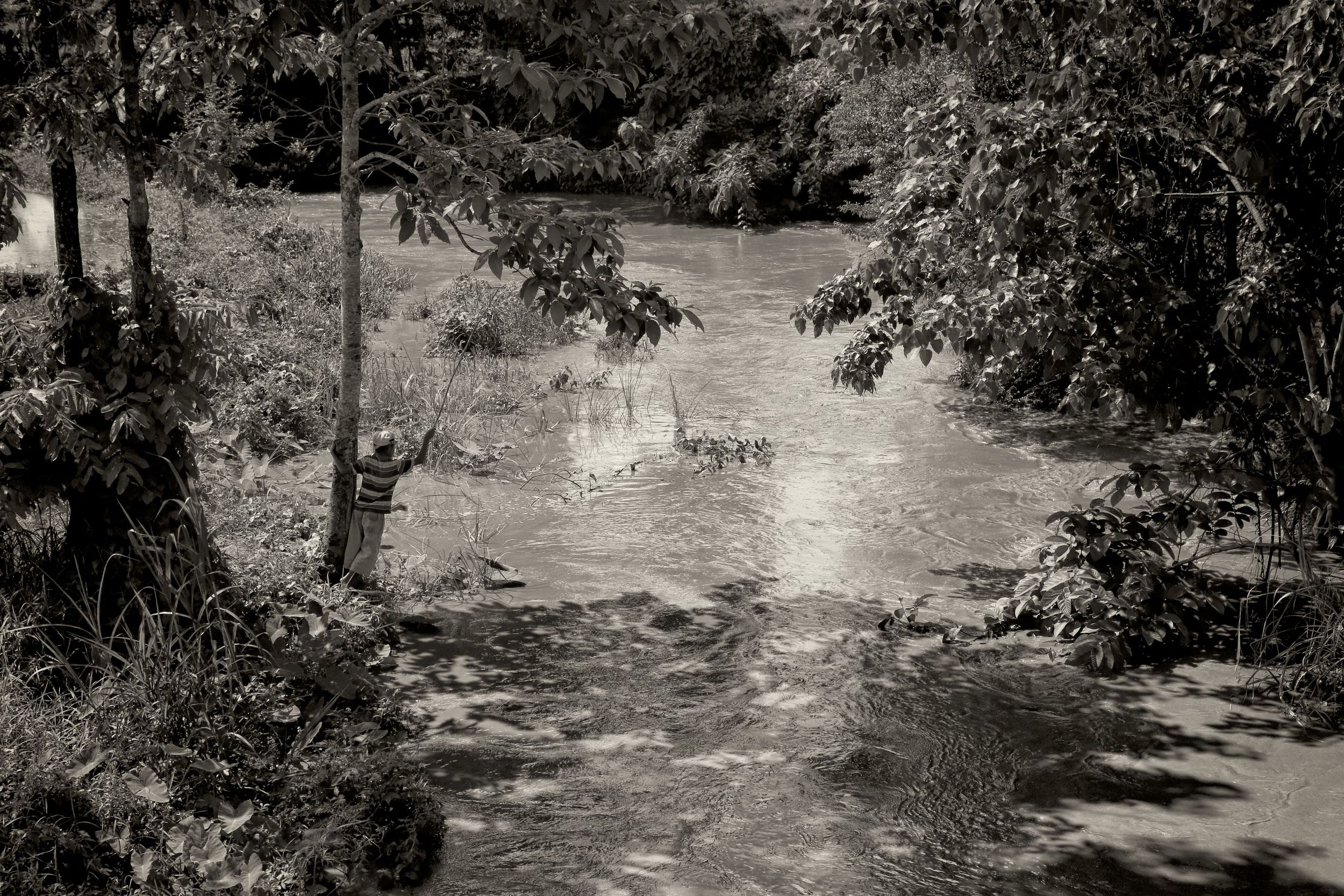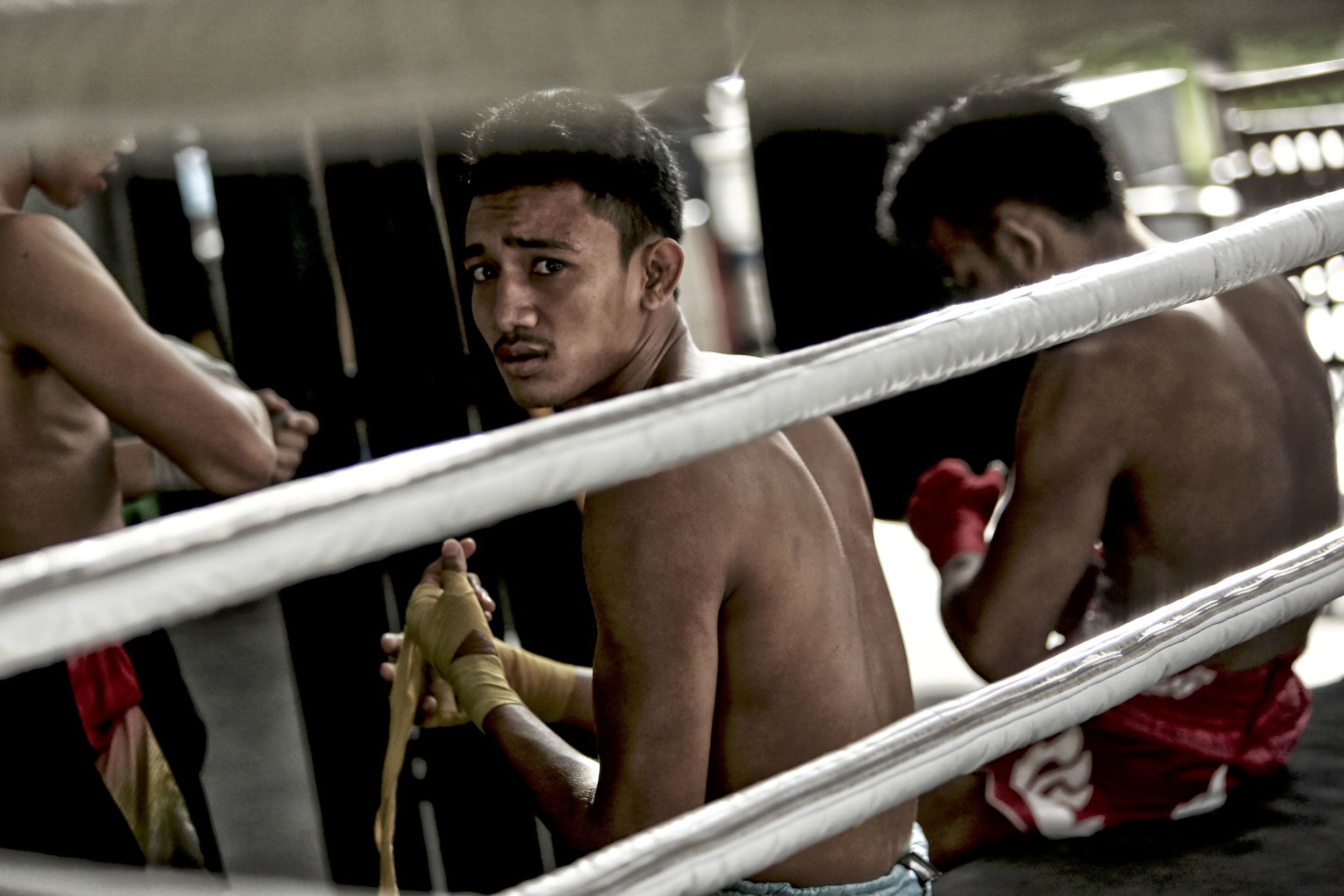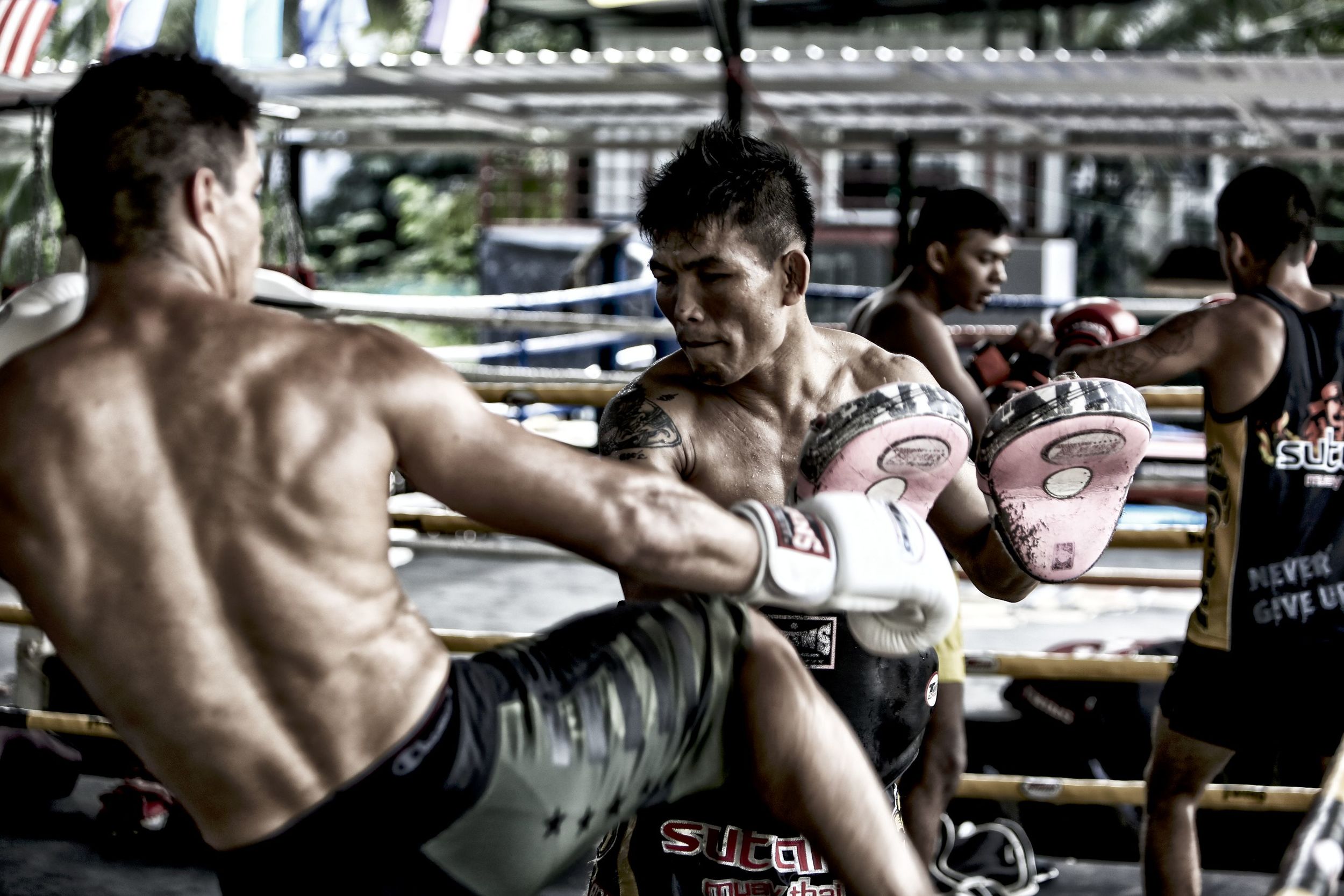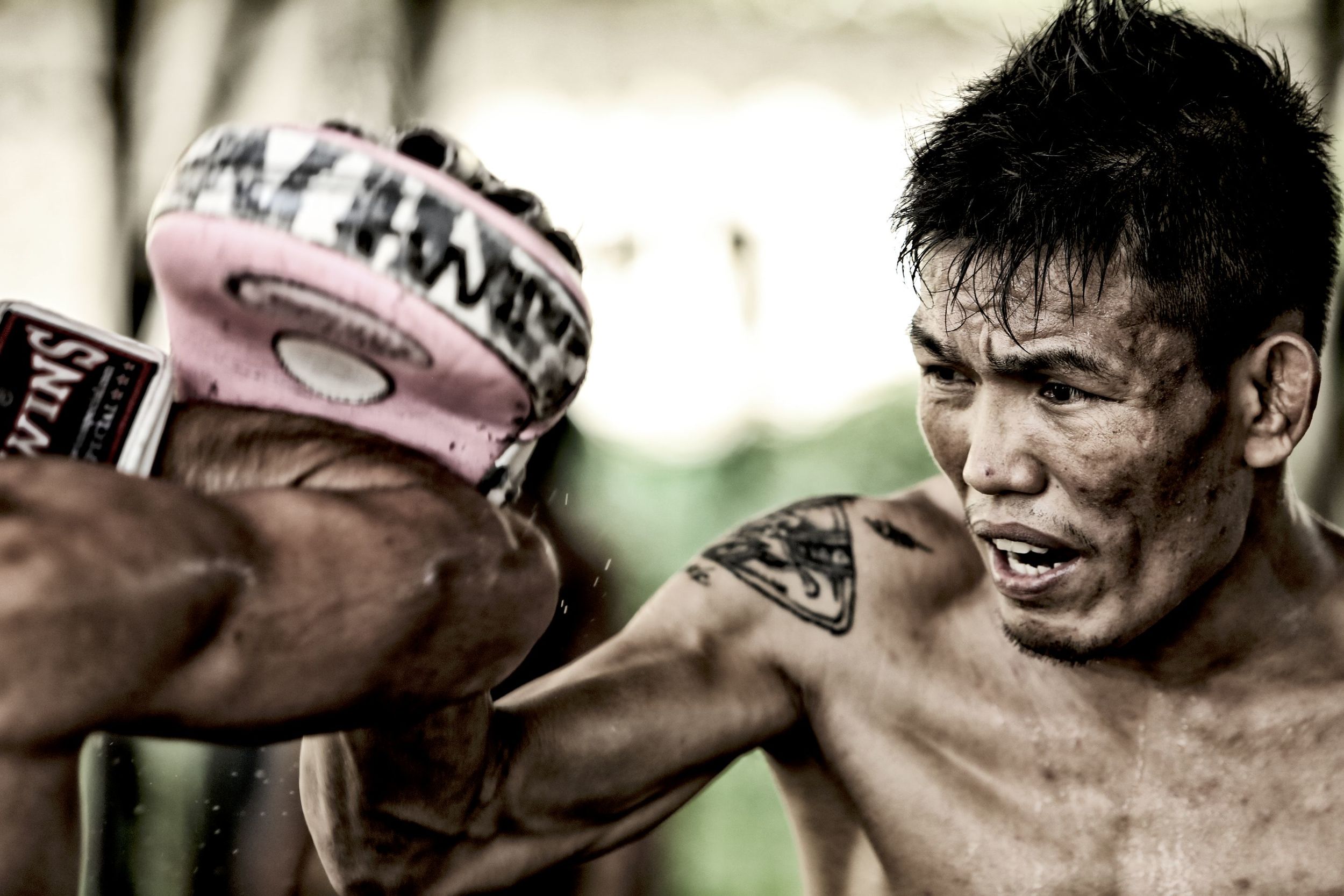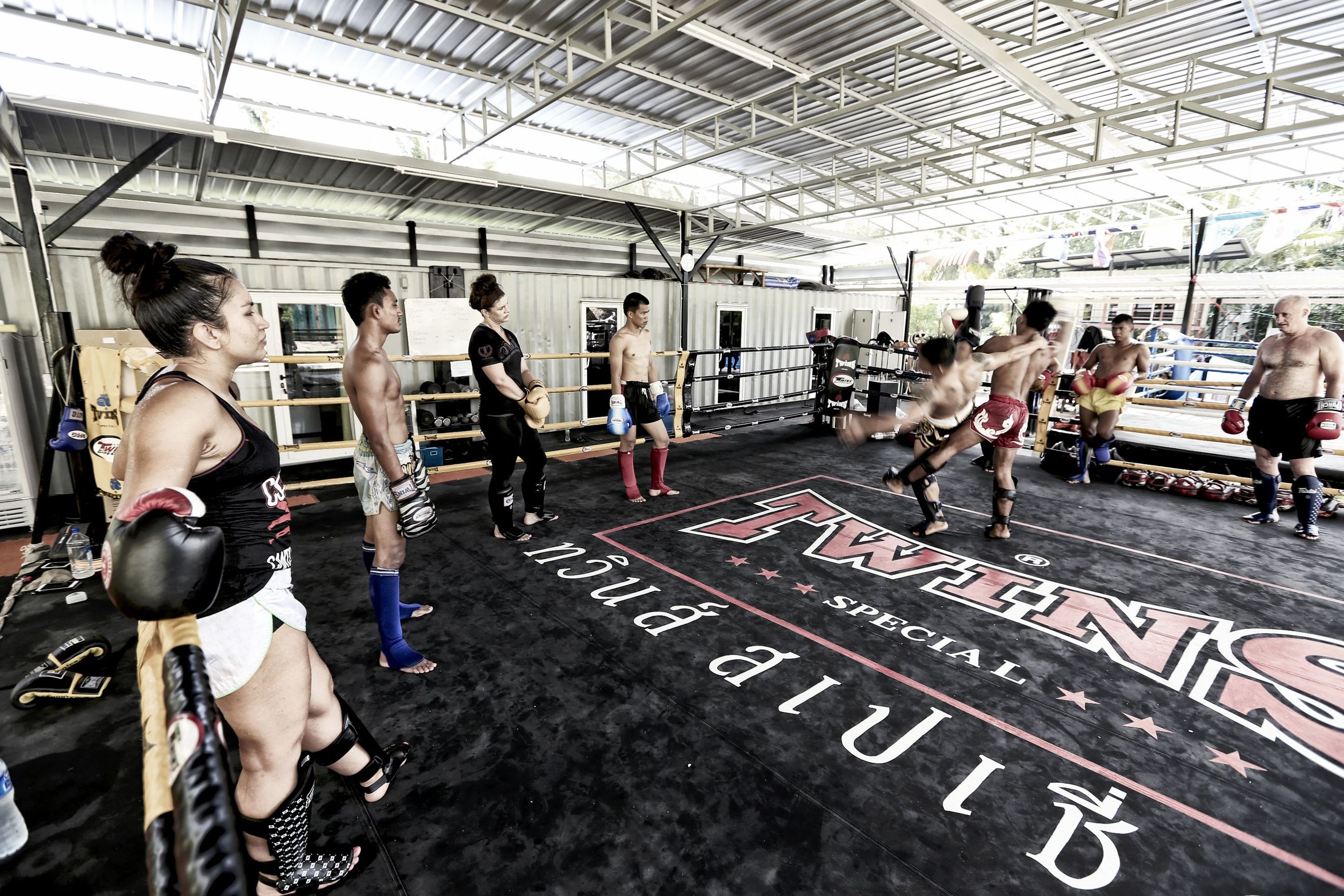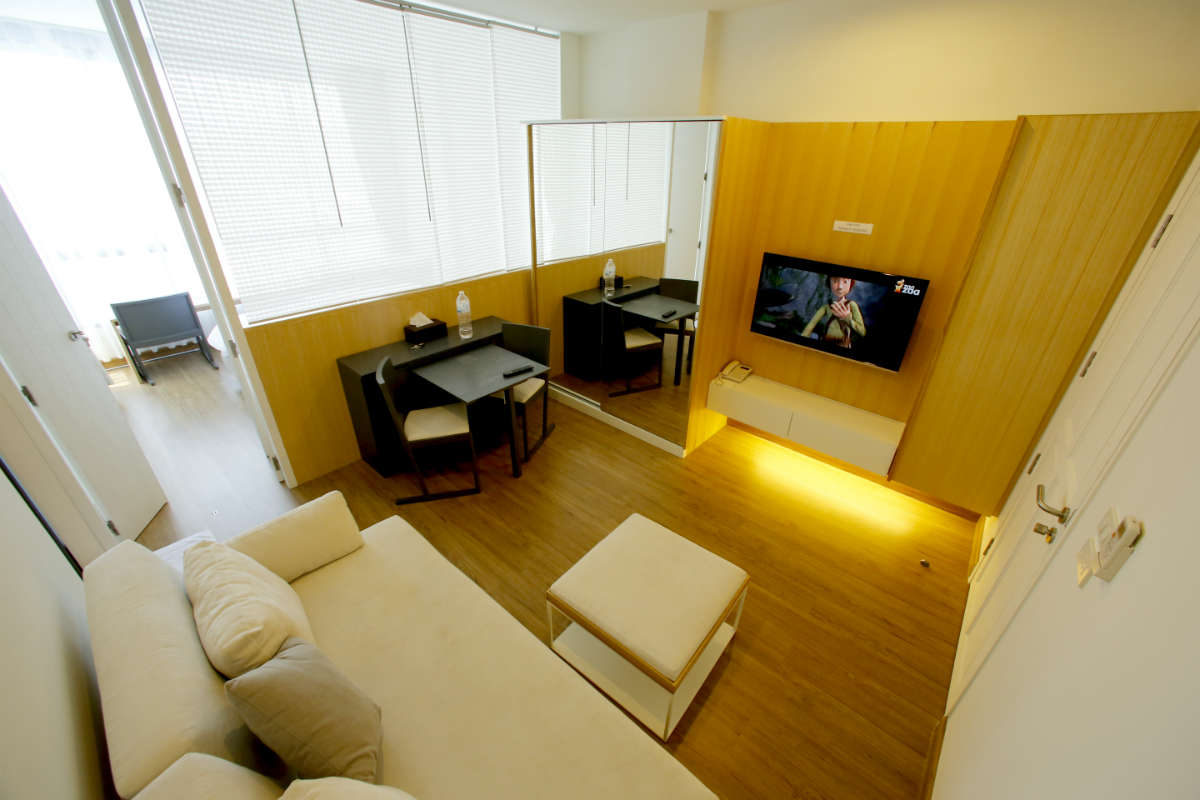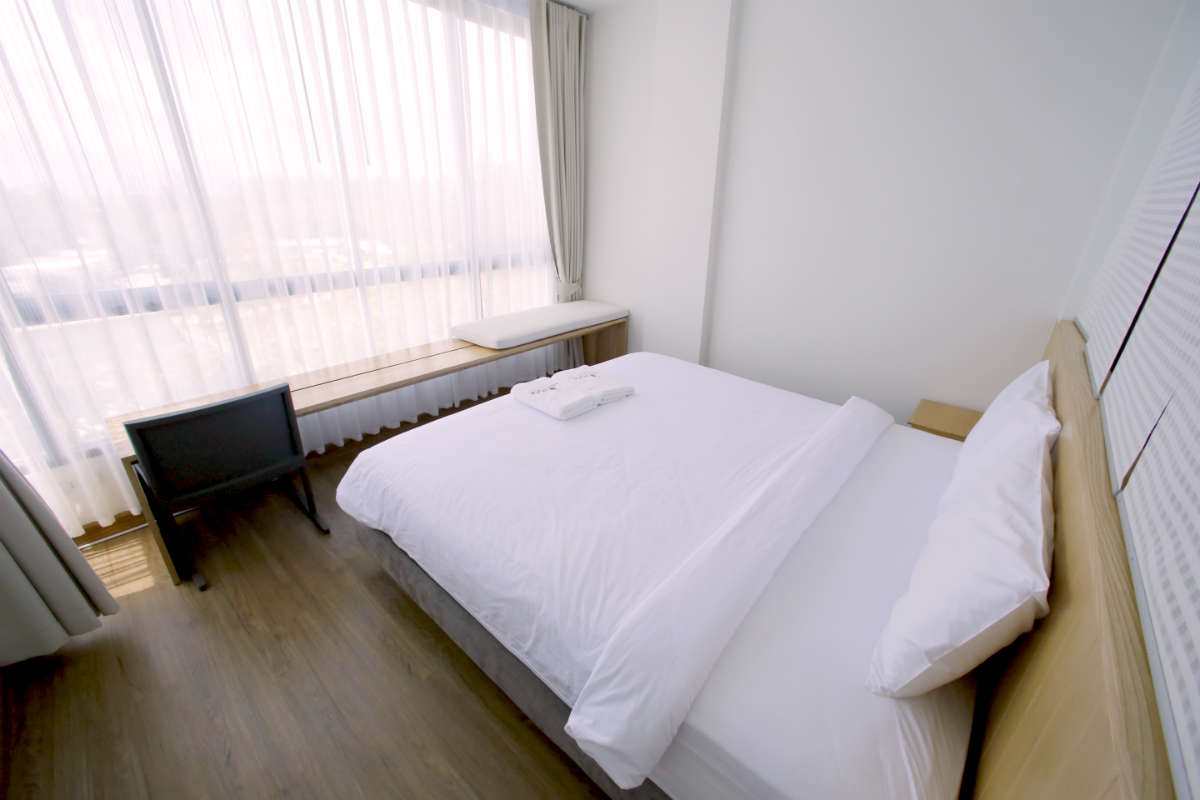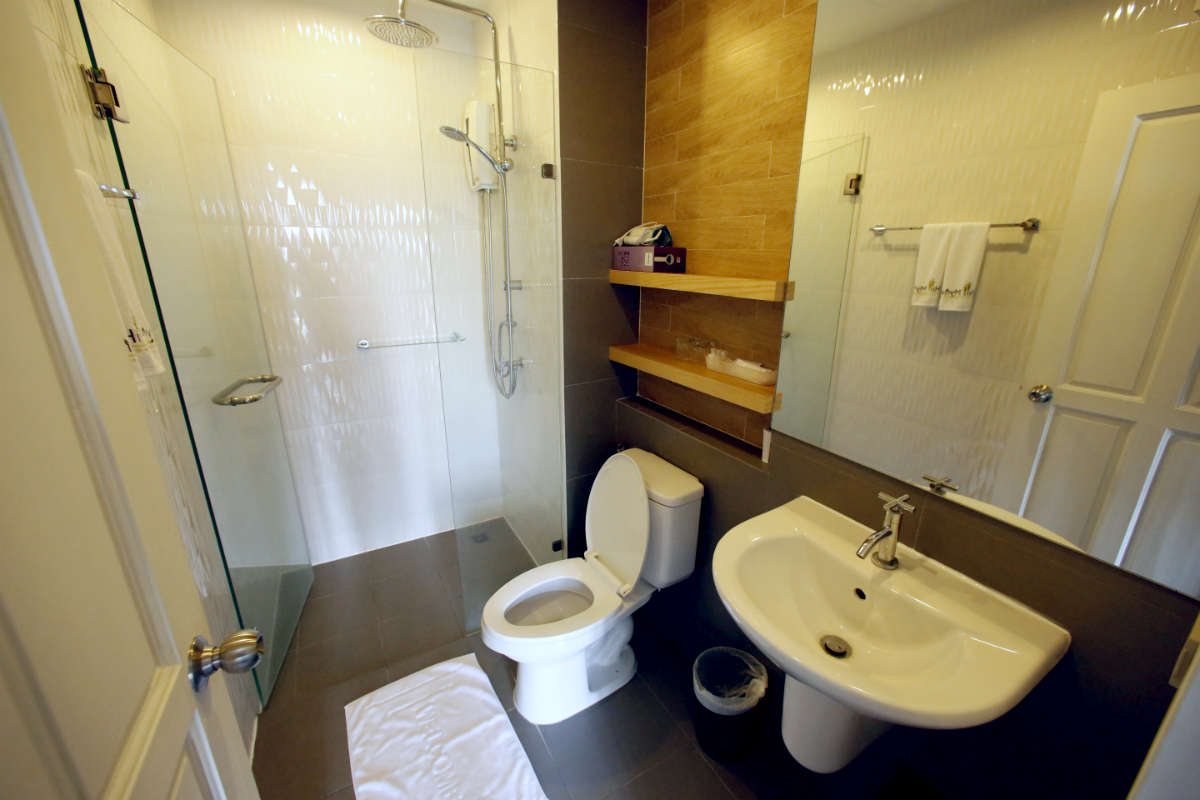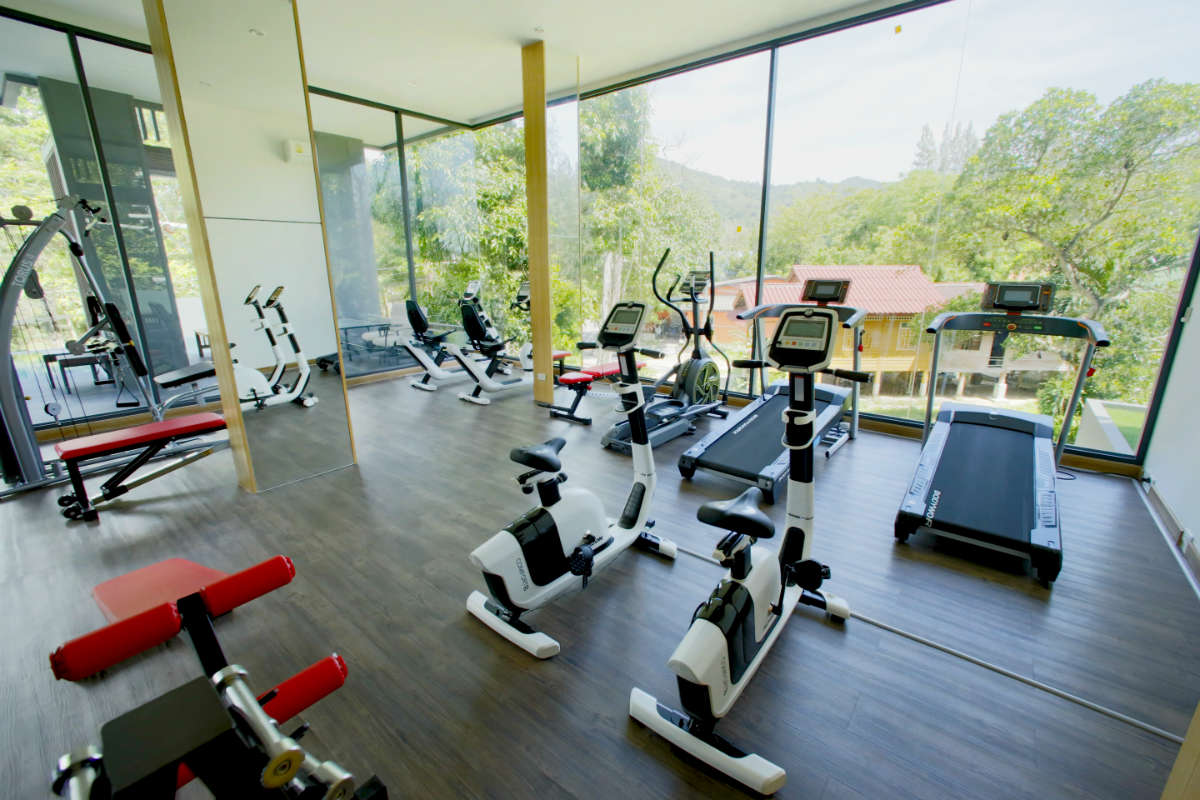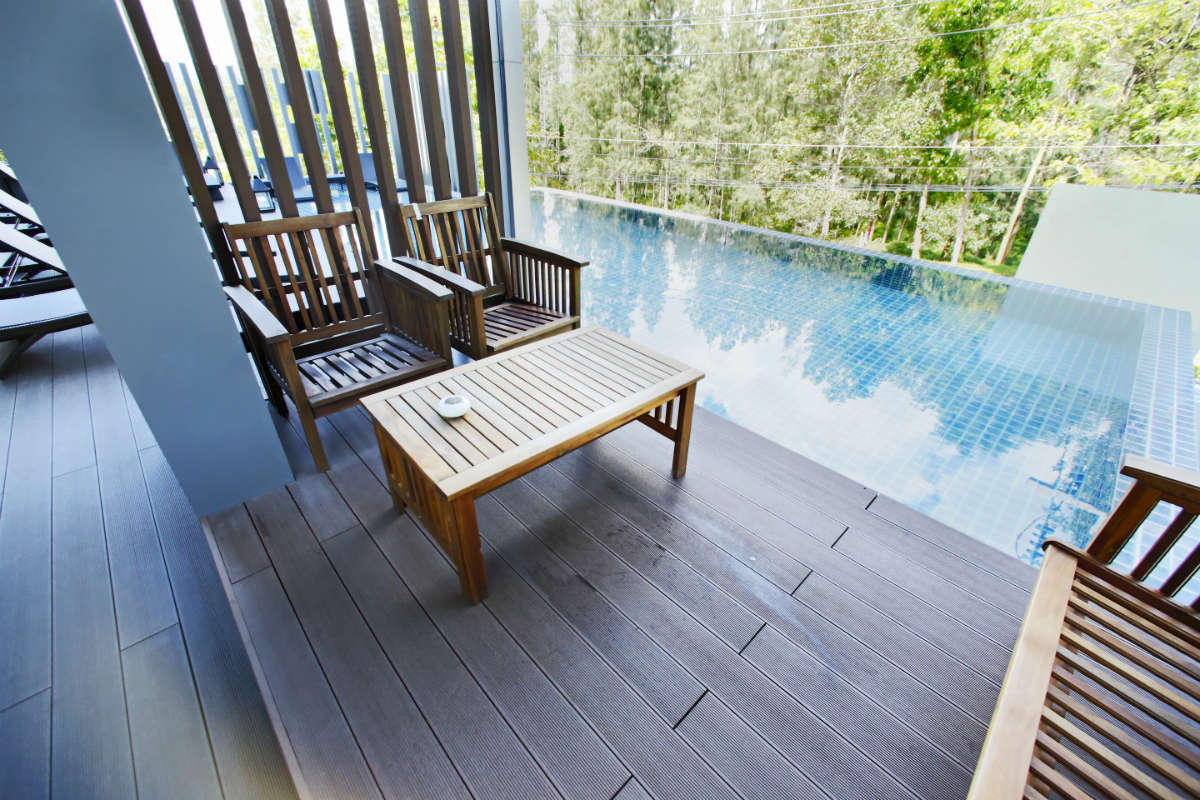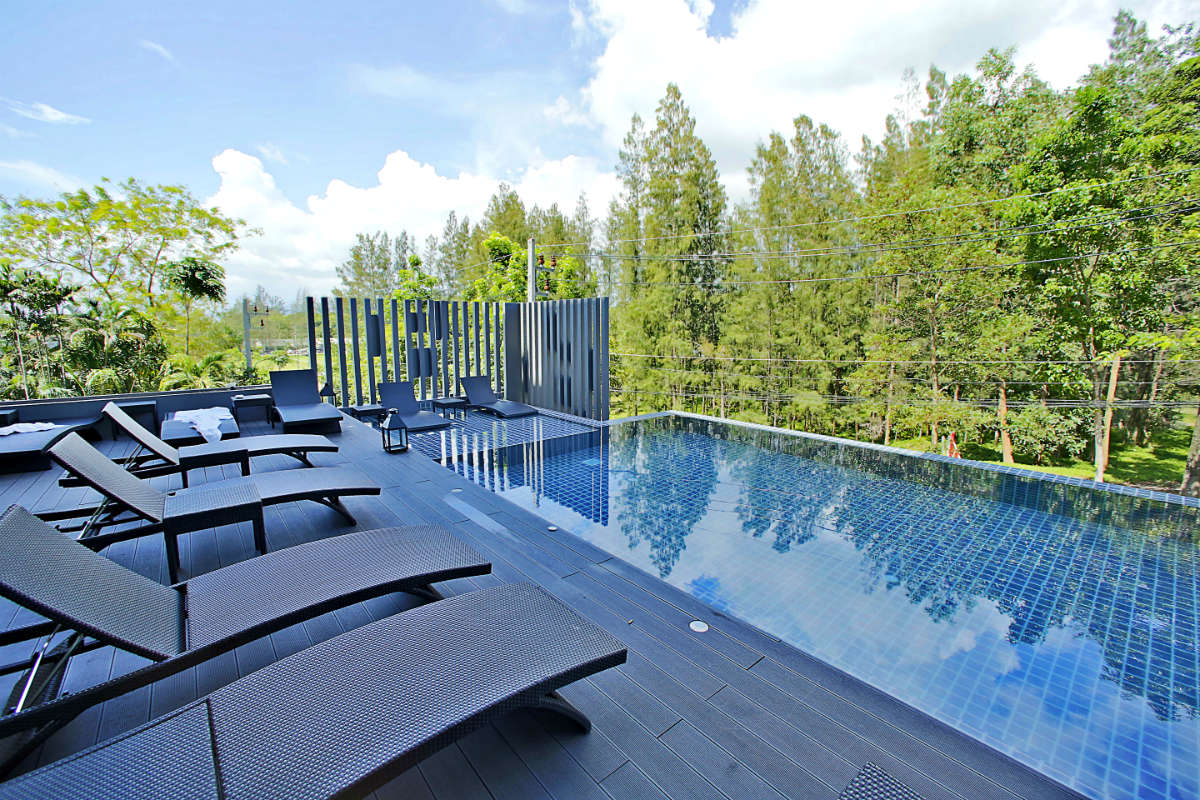It’s funny when you think about it, quite often we’re late to staff meetings when they’re in the same building, but for this expedition they gave a group of westerners a time and place to meet in Beijing, China, and we were all prompt and accounted for! The first to arrive were the twins, Gabby and Jamee, Asian affairs and Chinese language students from Brisbane, Australia. Then myself and my roommate, Richard, a construction manager from Manchester, England. Also joining us were two couples: Mia and Tobias from Germany/Brussels and Sweden/Germany respectively; and Eric and Katy, a financier and a trauma psych Ph.D. student, from Chicago. We then had three solo travelers: Lauren, a banker (for lack of a better description), from Switzerland; Alix, a soon-to-be neurobiology Ph.D. student from Germany; and LaRee, a gas and oil analyst from Alberta, Canada.



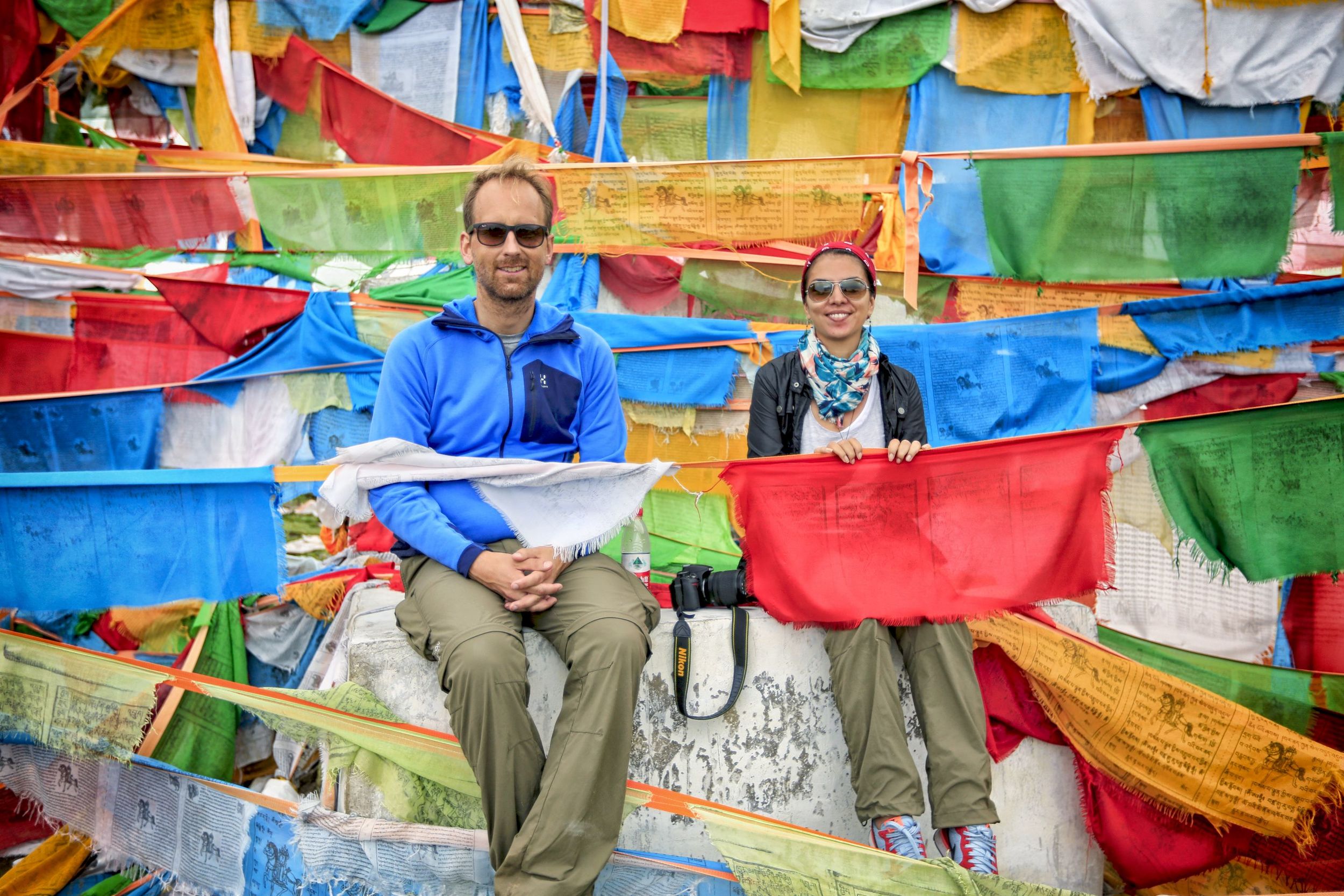
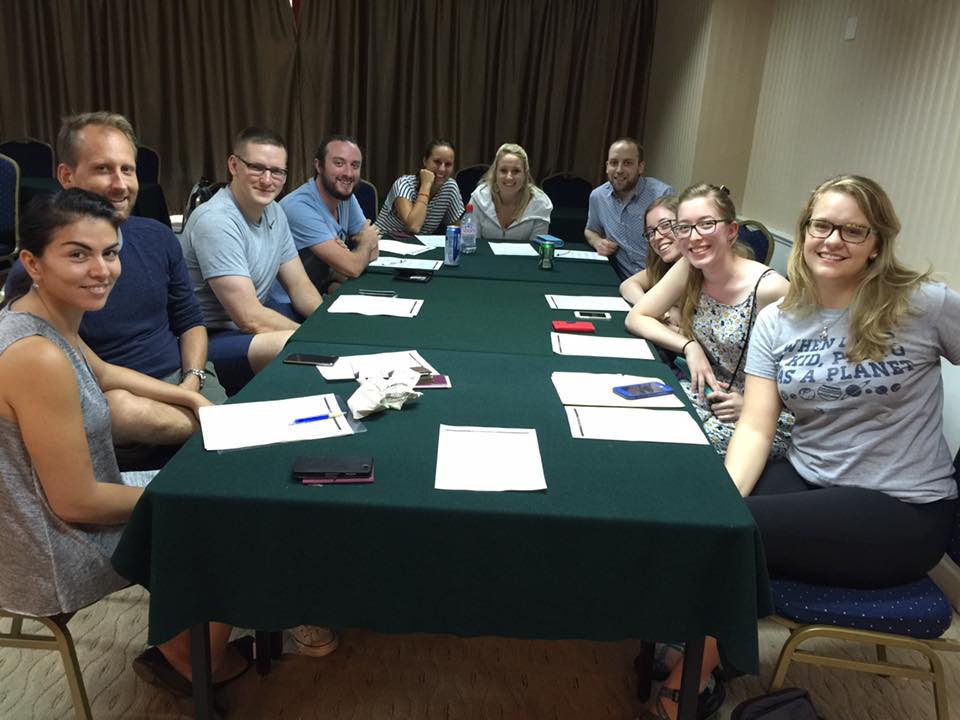
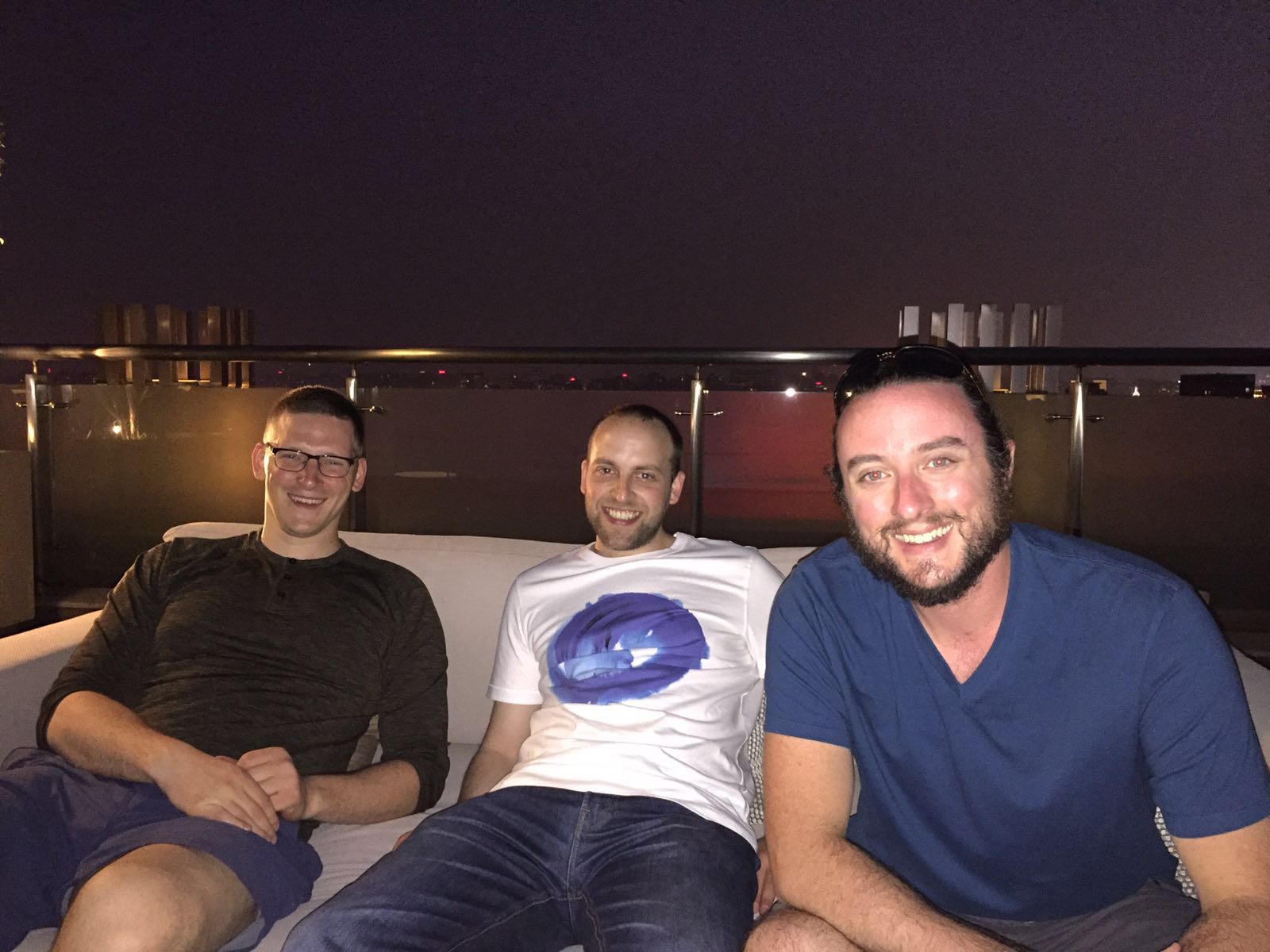
Obviously this is a group of highly functioning individuals in need of some respite before heading back to our respective careers, but we’re also a fairly young group of mostly 20 and 30 year olds, most with some trekking experience. We put together rather quickly that there was a single line in the tour description that may have molded the group without our realizing it, “Day 11: trek to Everest Base Camp, 6 hours, moderate to heavy activity at high altitude.” Yeah, I guess that'll do it. That would keep most armchair adventurers from signing up.
We meet our guide Druja, the consummate guide’s guide, then head upstairs to fill out forms, provide copies of our visas and passports, confirm our travel insurance, and generally sign our lives away before we head off into one of the most inaccessible places on earth. On our first night we set out to find a rooftop lounge where we can relax after our long journeys, get to know each other, and initiate the bonding process we all know is going to be paramount in the coming weeks. The next day would begin our training for Day 11, first up: climbing the Great Wall.
It never looked that challenging in the movies or on TV, and in-and-of-itself it isn’t. It’s mostly a stone path with stretches of inclines every quarter mile or so, but the approach – the trek to the wall proper – good lord! In total one will walk over 10,000 steps through the Chinese jungle to get from the knick knack booths at the bottom of the mountain, to watchtower 23, and back. I failed the first training session and had to take the cable car up and back. In my defense the 50lb camera bag on my back was an added challenge, but by God this would be the last time I gave up!
The next two days would be spent crossing the breadth of China and northern Tibet on a specialized train that gently acclimates travelers to the altitude of Lhasa. Each car is equipped with pressurized oxygen delivery systems which switch on at around 4,000 meters of elevation. In the spirit of mountaineering, the train’s route crosses the highest locomotive pass in the world at over 5,000 meters (which pushes even the most robust travelers into their births to sleep it off), then gently glides back down to Lhasa at 4,200 meters, tricking our bodies into thinking this is now a normal altitude. Of course it will take several days for our bodies to produce enough blood to compensate for the lack of oxygen in the atmosphere, but for the time being the nausea and headaches are kept at bay by the “climb high, sleep low” technique.
In Lhasa the training disguised as sight seeing continues with picturesque temples and monasteries perched atop inaccessible hilltops or otherwise requiring us to climb hundreds and hundreds of steps. We average 10 miles per day (of course with a full camera bag), and continue to increase our max elevation. The highlight of these training hikes was on our last day in Lhasa, a day marked as “elective” on the itinerary. On this day Druja had something special in store for us.
An hour outside of Lhasa lies a monastery unvisited by tourists. This place is not in the guide books, and I’ve chosen not to give its name to preserve its anonymity (and mystique). The bus winds its way up switchbacks several hundred meters until we are well within the clouds. We unload on a roadside pull off where across a distant valley we can catch glimpses of the monastery as puffs of mist pass each other. The bus pulls away to head directly to our rally point and we are now completely alone with no way out but to get to our driver miles and miles away. Between us lies another 300 meters of elevation and a mountain ridge leading to the buildings we see across the middle distance.
With nothing to do but head for the rendezvous we set off up the mountain. There are no paths in this part of the country, just indescribably beautiful Tibetan countryside speckled with yaks, mountain goats, and the occasional “community” dog (not truly feral, but certainly not domesticated). For hours we put one foot in front of the other, developing a rhythm to our breathing as we hike: in, in, out, out; in, in, out, out. Tunnel vision sets in as we focus on our foot placement and hypoxemia robs us of peripheral vision. We can see our first objective, a mass of prayer flags coloring the nearest summit, but it rarely seems any closer no matter how hard we ascend. Our group spreads out nearly half a mile as we all trudge along, meanwhile Druja bounds between us checking our moral and making sure we’re hydrating, all the while chain smoking and chanting his mantras.
Reaching the first summit was like nothing I had ever experienced before. I doff my camera bag and fill my lungs with the sweetest air I have ever breathed (regardless of the yak dung that hung thick in the humidity). Crawling through the prayer flags stretched from peak to peak, we can see 360 degrees of mountains, rivers, terraced rice patties, bright flavescent canola fields, and, of course, the monastery – still very much off in the distance. Druja keeps us moving as we still have a saddleback to cross to the next peak, then the eventual descent to our rally. Half of our group is already crossing, but I just can’t get over my feeling of euphoria and stick around until Druja tells me we absolutely must leave.
The second peak was even more beautiful than the first. A local family is hanging prayer flags, stretching them to the third and final peak we will sack. I throw down my camera bag and run to capture the event. Excitement and adrenaline mask my symptoms from the altitude and I forget my oxygen starvation until I begin seeing spots and dizziness forces me to lean against the shear rock face. The family seemed to appreciate my excitement, however, and encouraged me to keep following them as they bound together sections of prayer flags and pulled the chain taught.
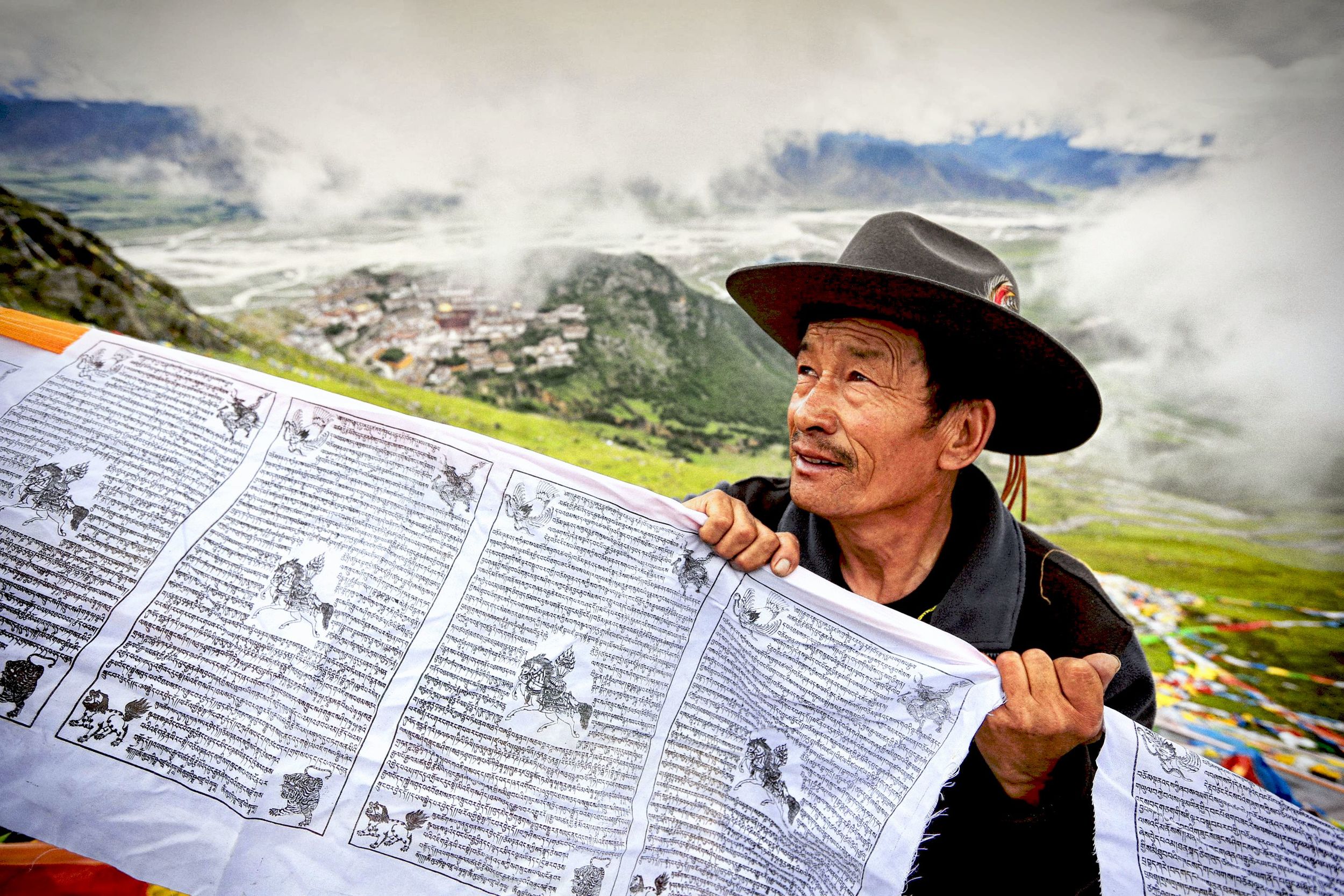
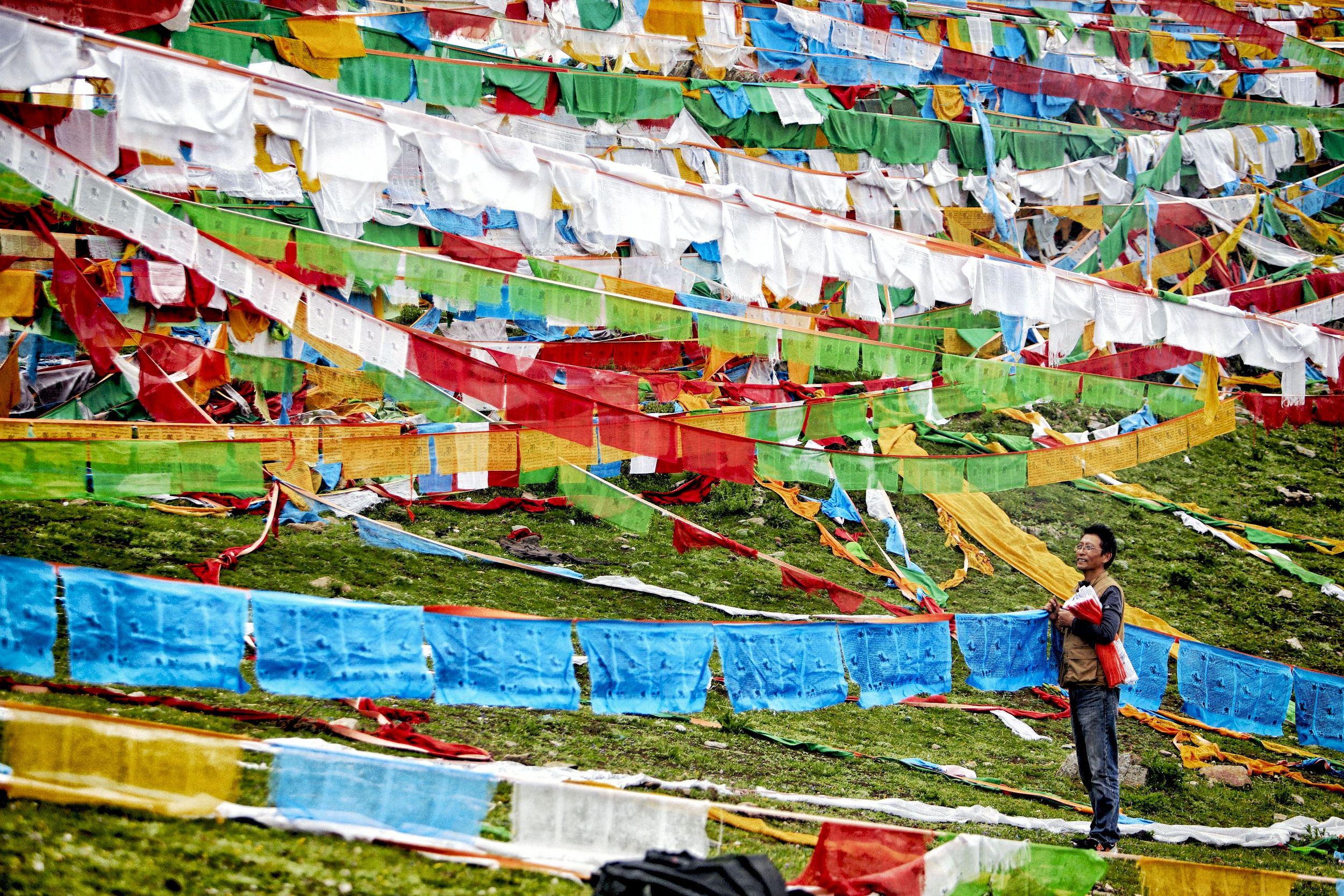

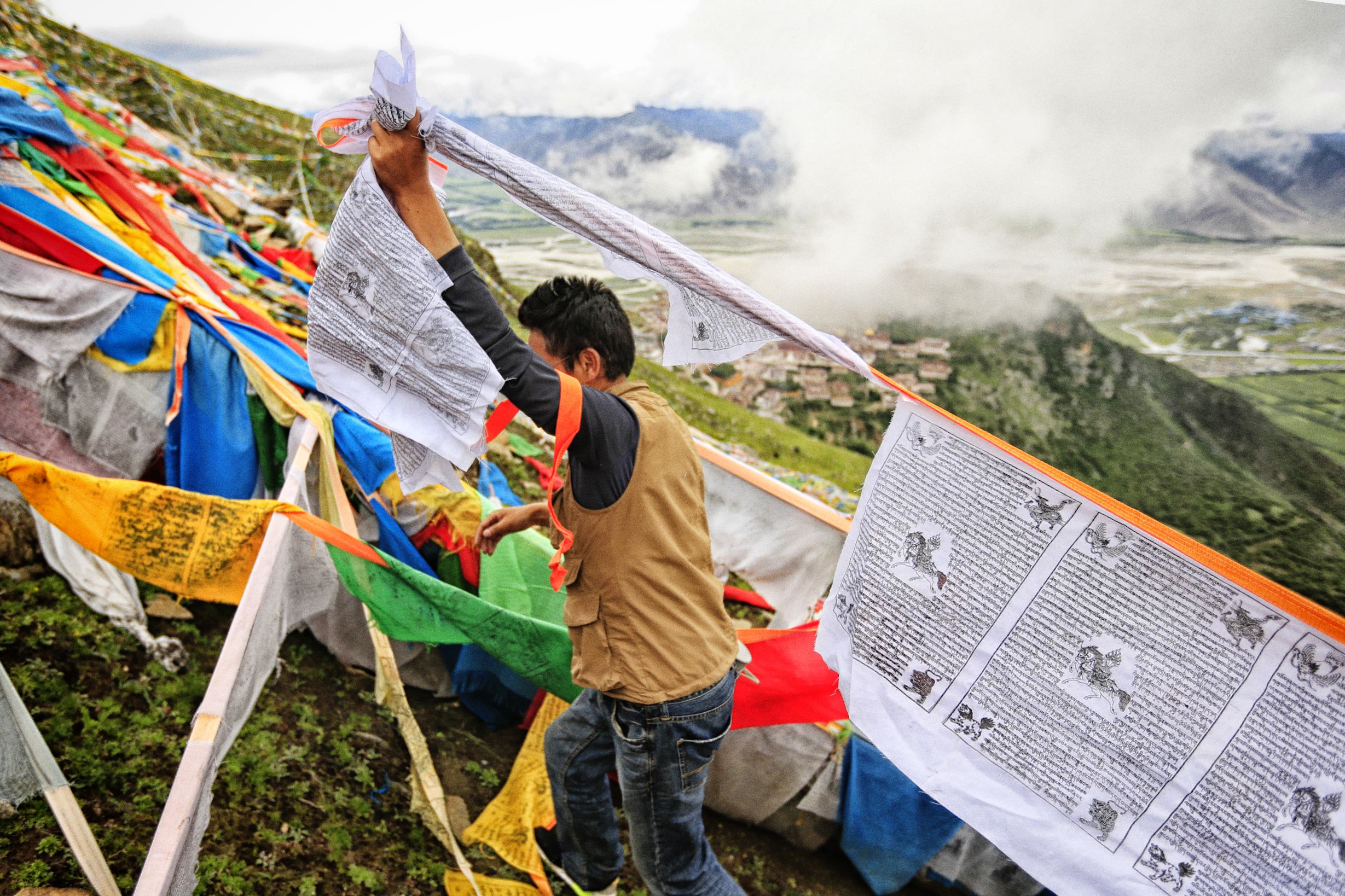
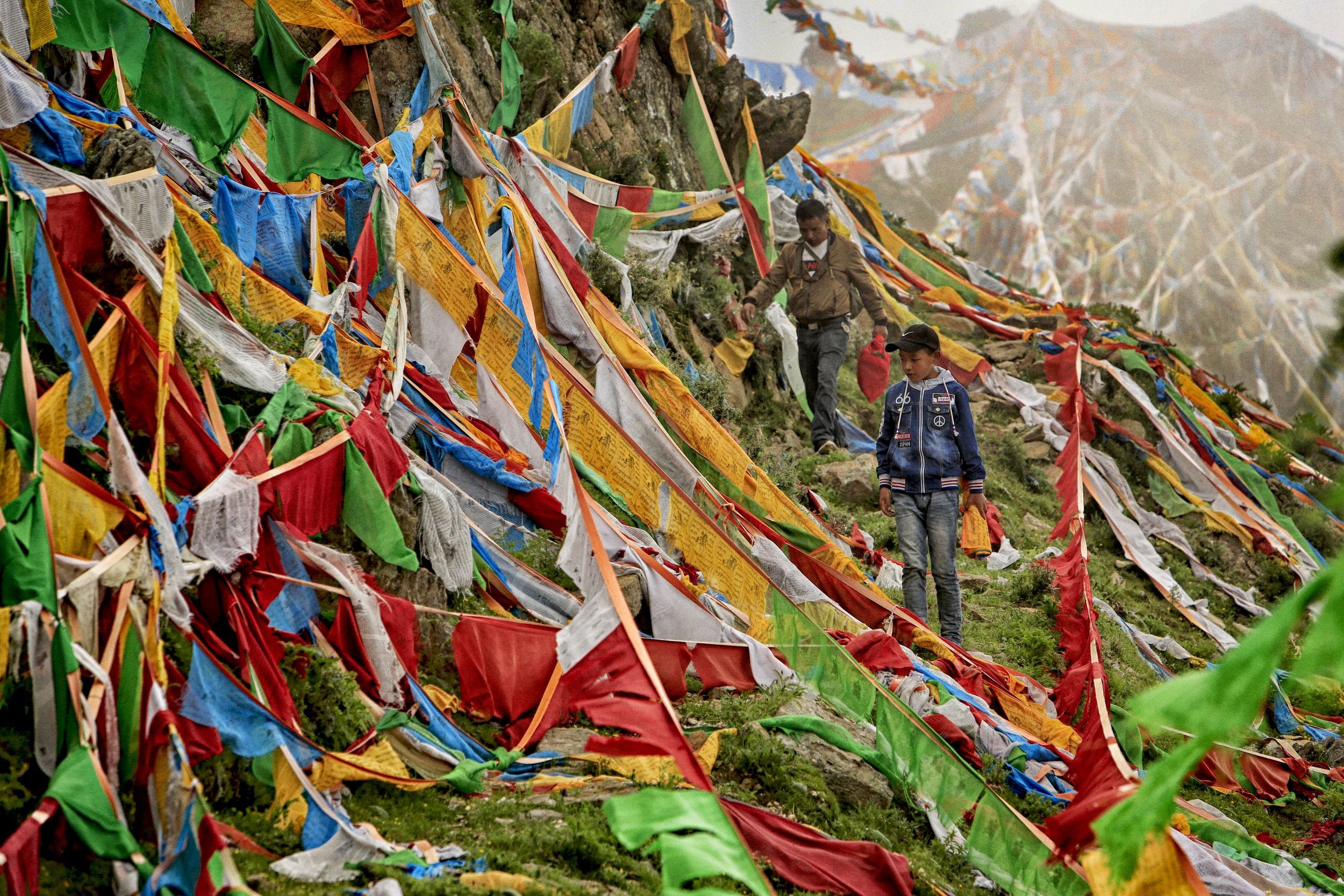

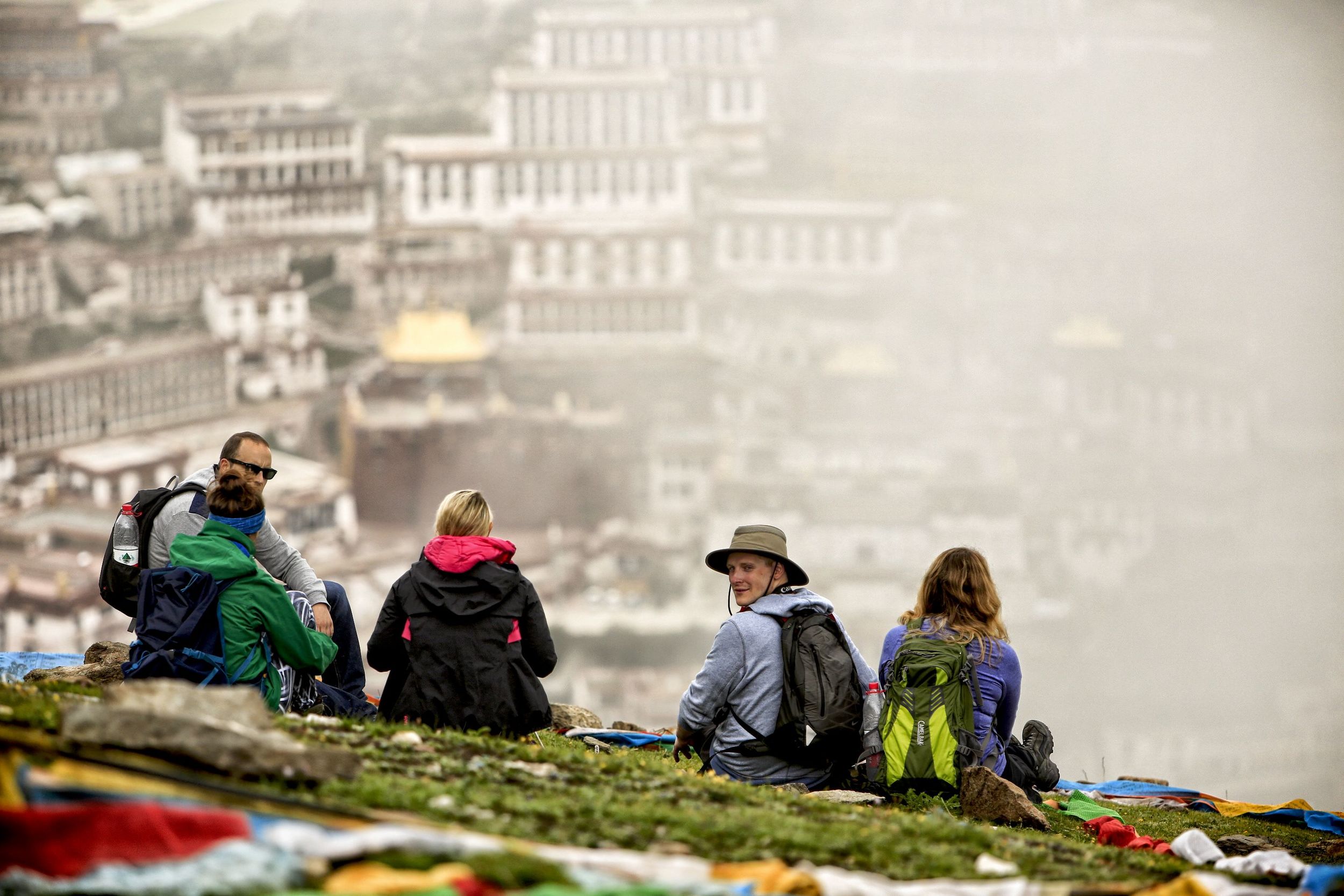
The group rests and stares out across the valley at the monastery, knowing the hardest part still lie ahead – the descent. Again our group spreads out until those at the front are obscured to those at the back by the topography of the mountain. At this point the clouds have saturated the mossy ground, leaving a layer of dew on everything. Our toes scrunch into the fronts of our boots and we can feel our nails digging into their soft beds. Every step is a gamble as we never know when we will gain purchase and when our feet will completely betray us. When the treacherous landscape steals our footing it takes meters of scrambling, often on our backsides, to arrest the fall. I cheat and use my tripod as a hiking stick, but each movement must still be carefully calculated. I make sure to keep my teeth together to avoid biting my tongue or cheeks, and try to control the “Elvis-leg” which is now setting in from prolonged flexing and spent adrenaline stores.
The entire trek down was one long slip and slide until we finally set foot back on the gravel road to the monastery. We made it in time for lunch, but most of the monks had already eaten, so the left overs were room temperature at best and most of us picked at the veggies and rice without actually consuming much. Afterward the monks allowed us to hike around their hilltop residence and experience their daily life. We were lucky enough to find a group in the courtyard practicing the ancient exercise of monastic debate. This is done by breaking into small groups with one standing monk who poses a difficult ethical question based in Buddhist principles, then rearing up and clapping his hands as loudly as he can as he delivers his query. The sitting monk(s) must then answer the question. If satisfied with the argument, the standing monk will then continue his interrogation, if not he will slap the back of his hand into his palm, indicating he has rejected the response.
We return to Lhasa in quiet repose (AKA paralyzing exhaustion), reflecting on the amazing morning we’d shared, and spend the afternoon prepping for our departure toward Mt. Qomolongma (Everest).







